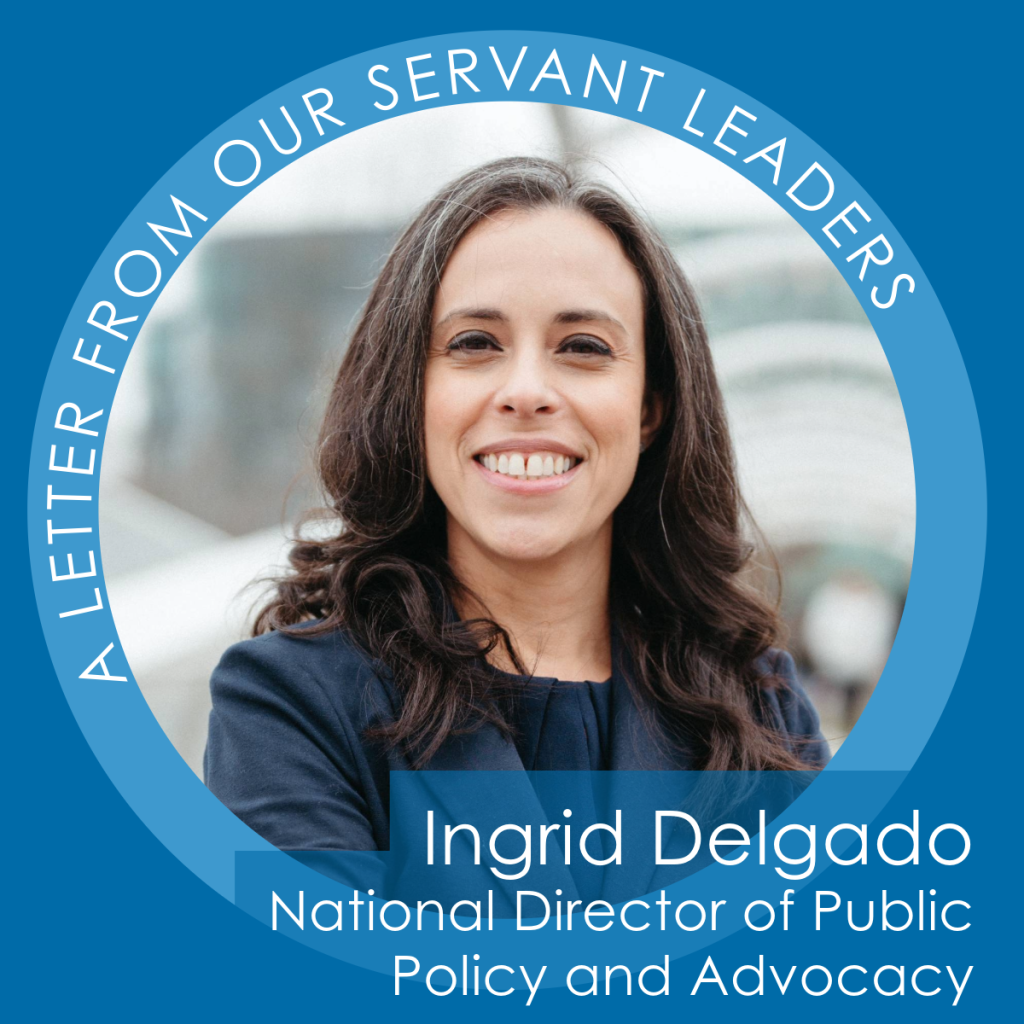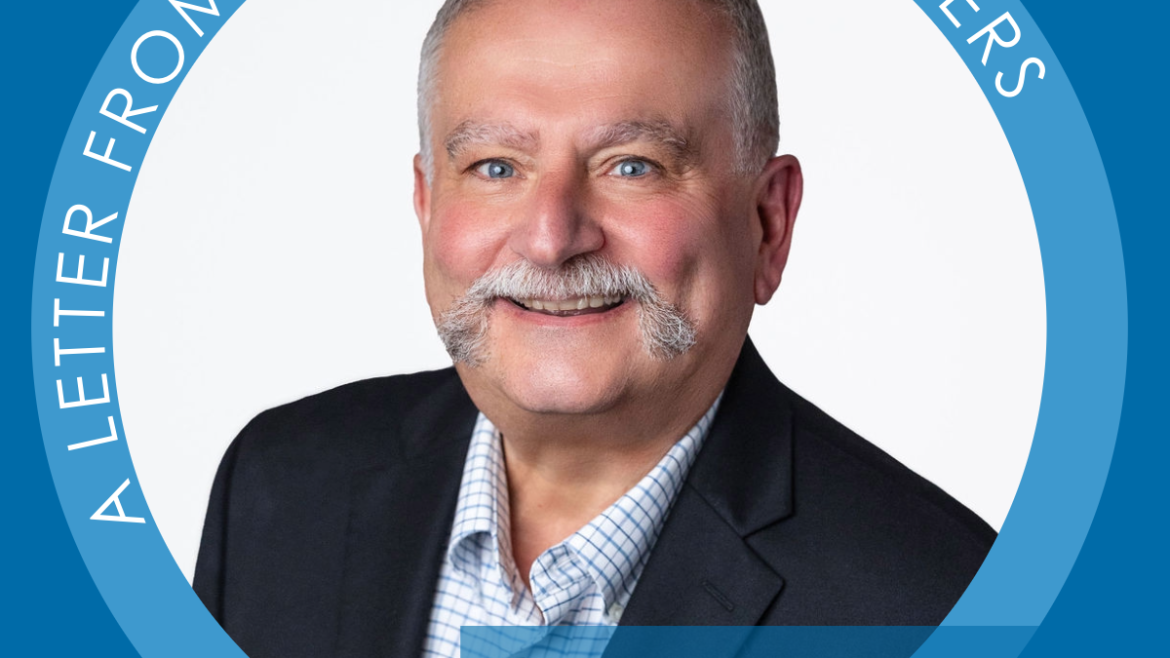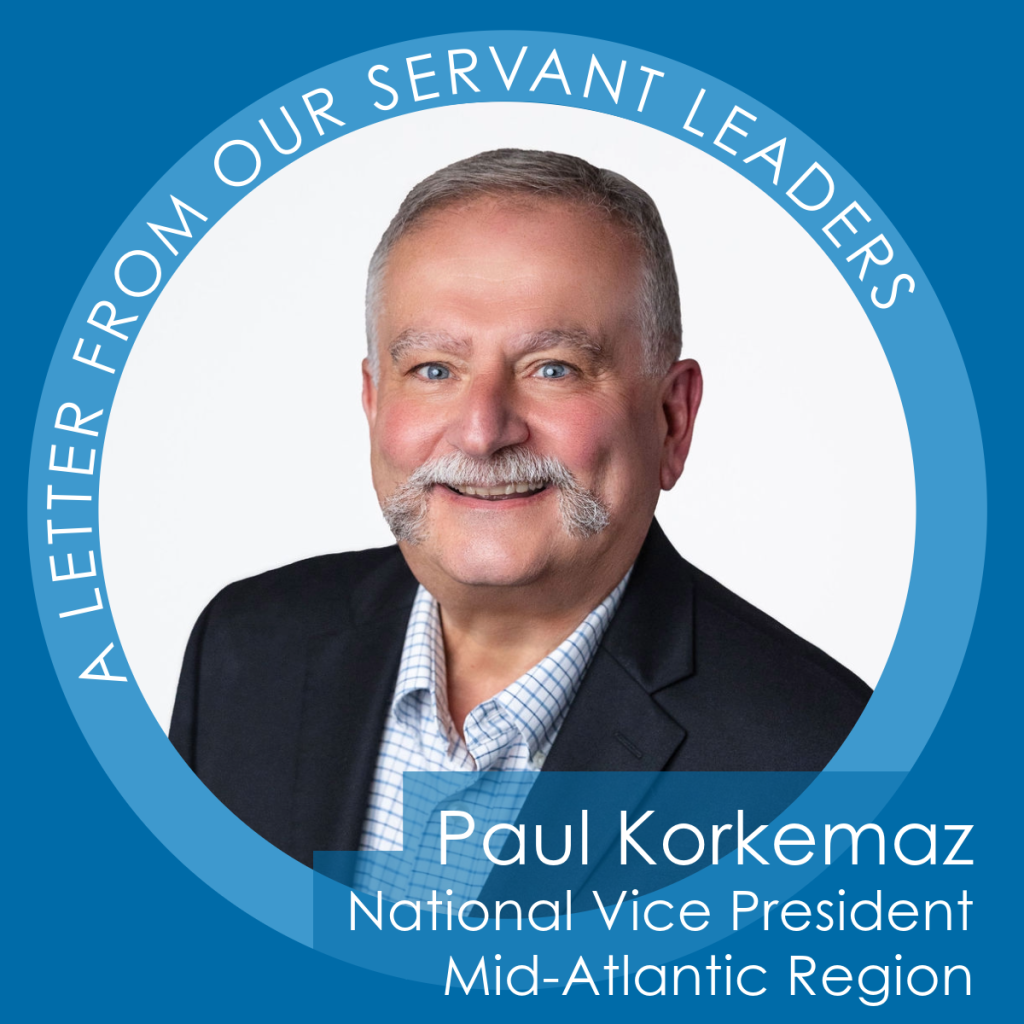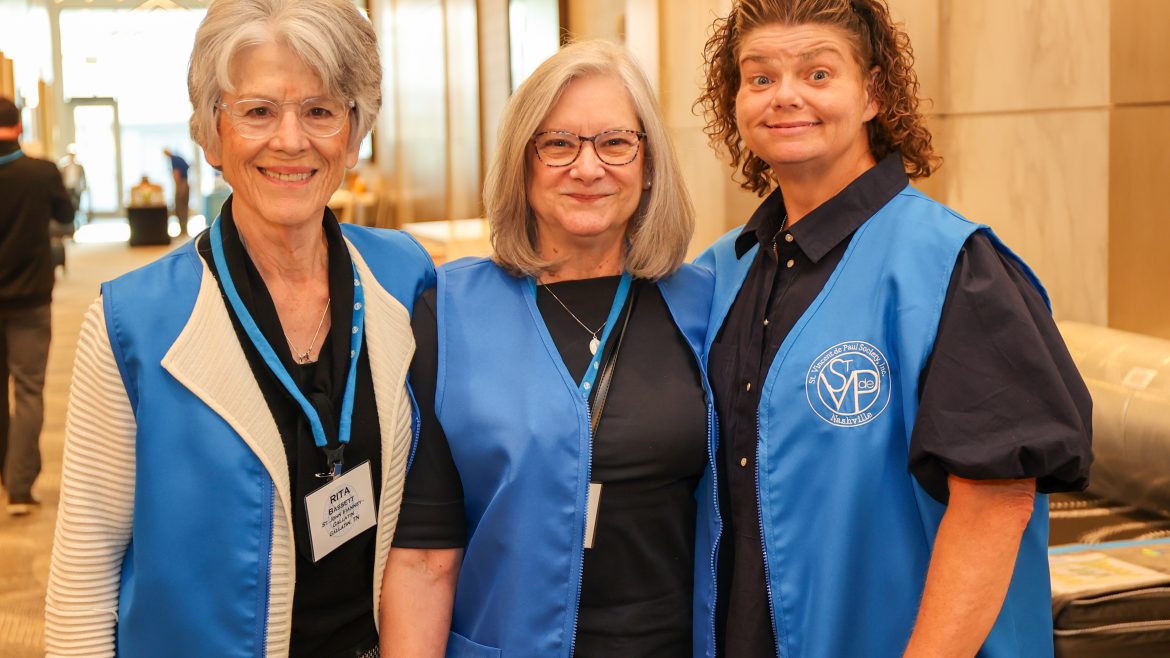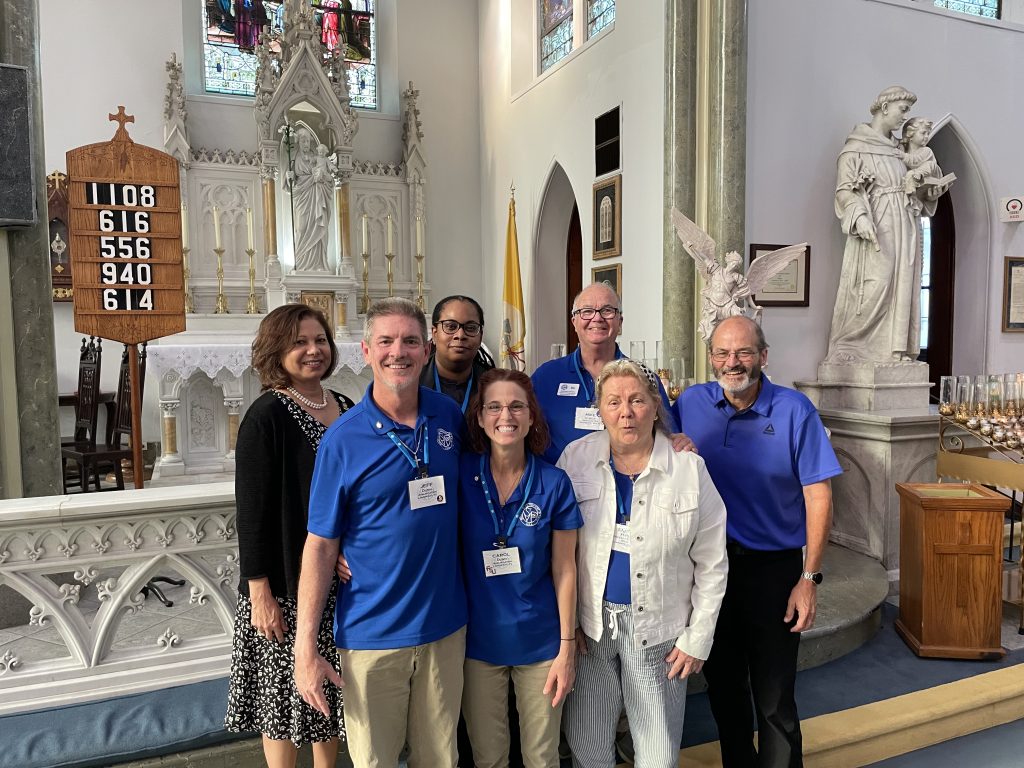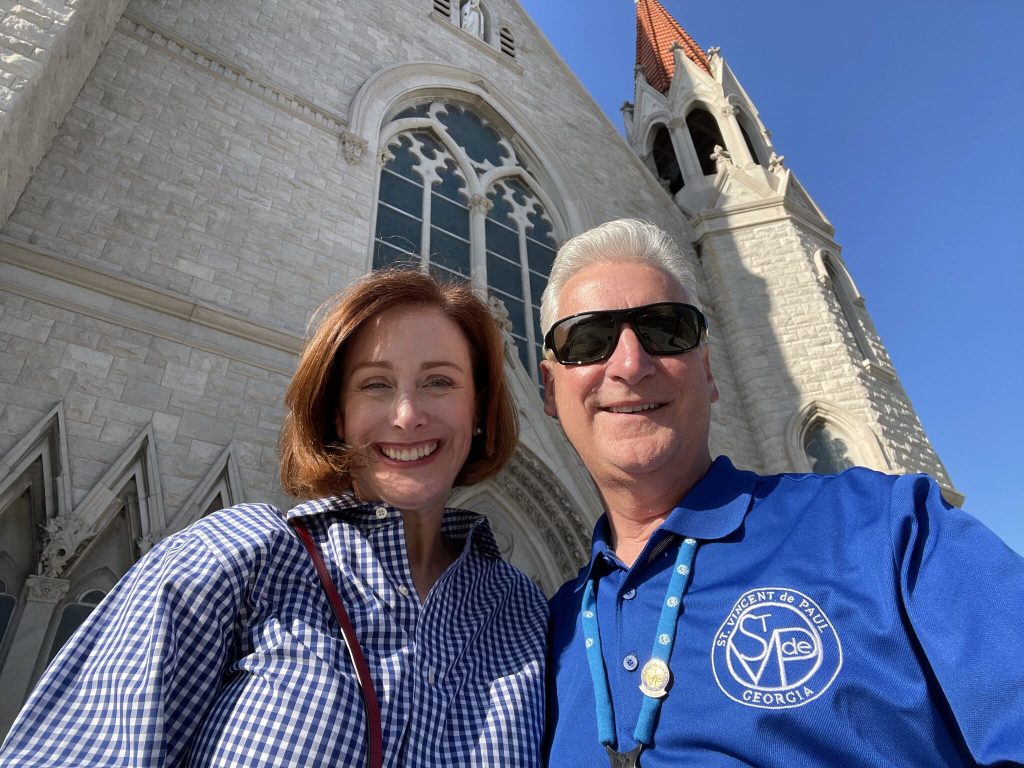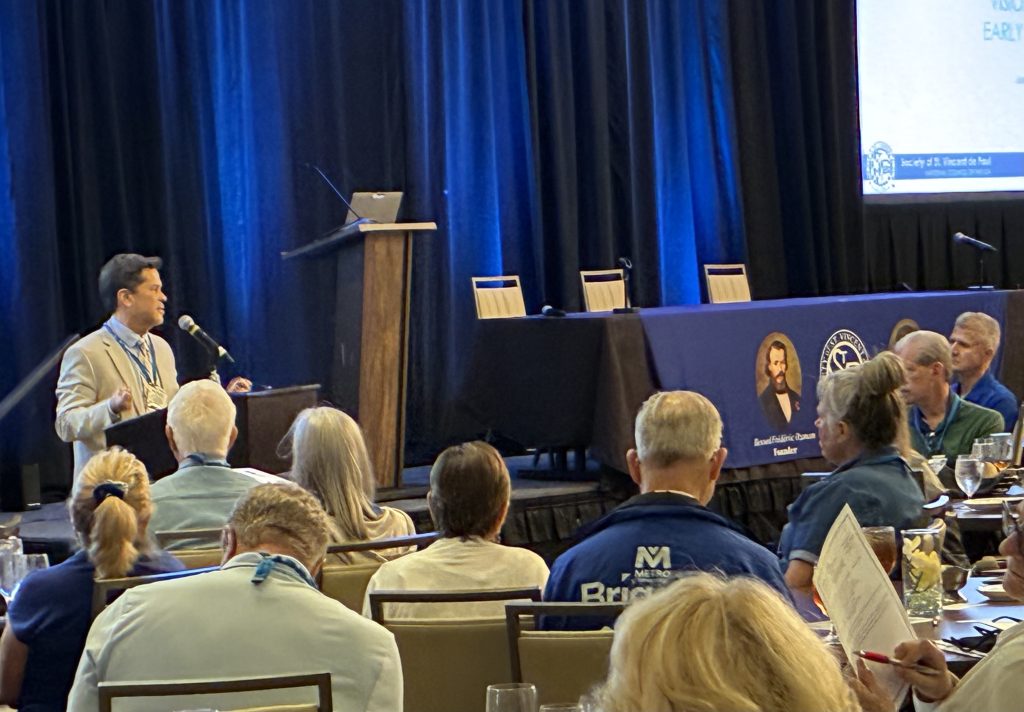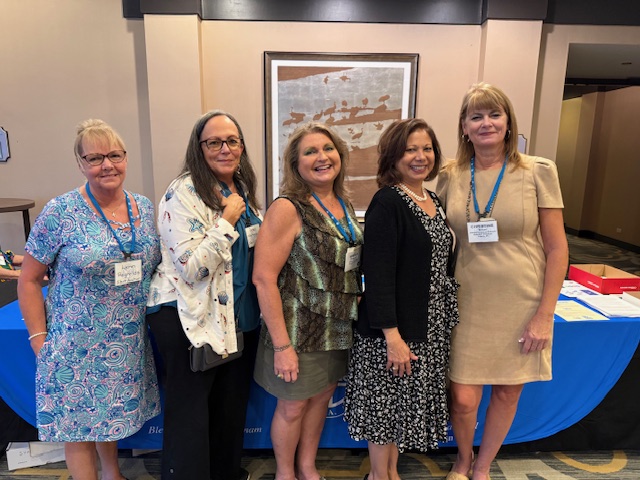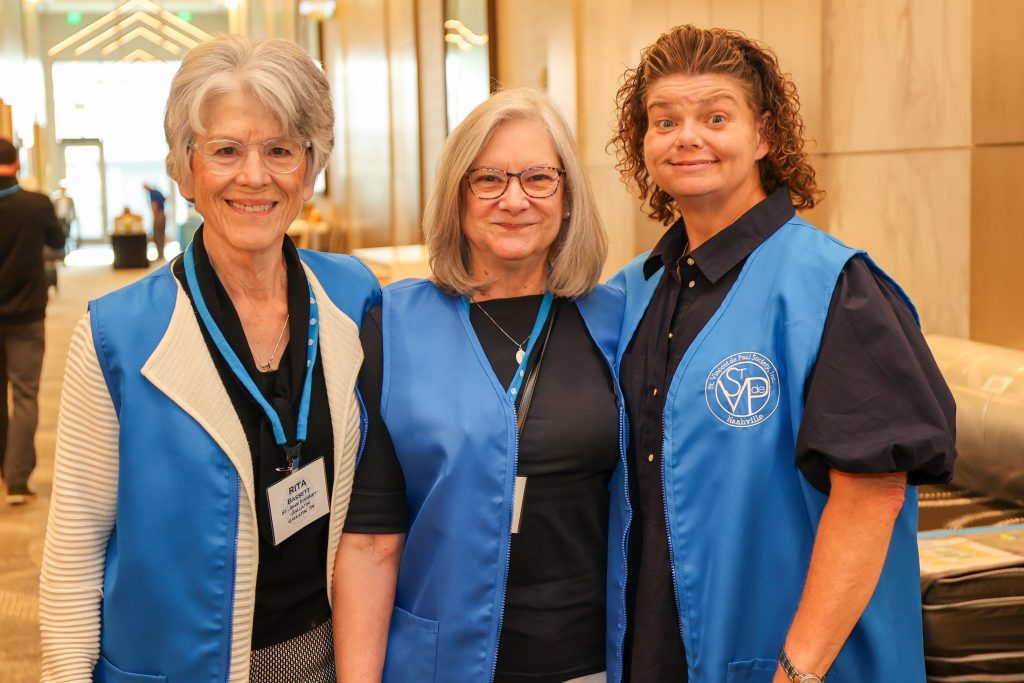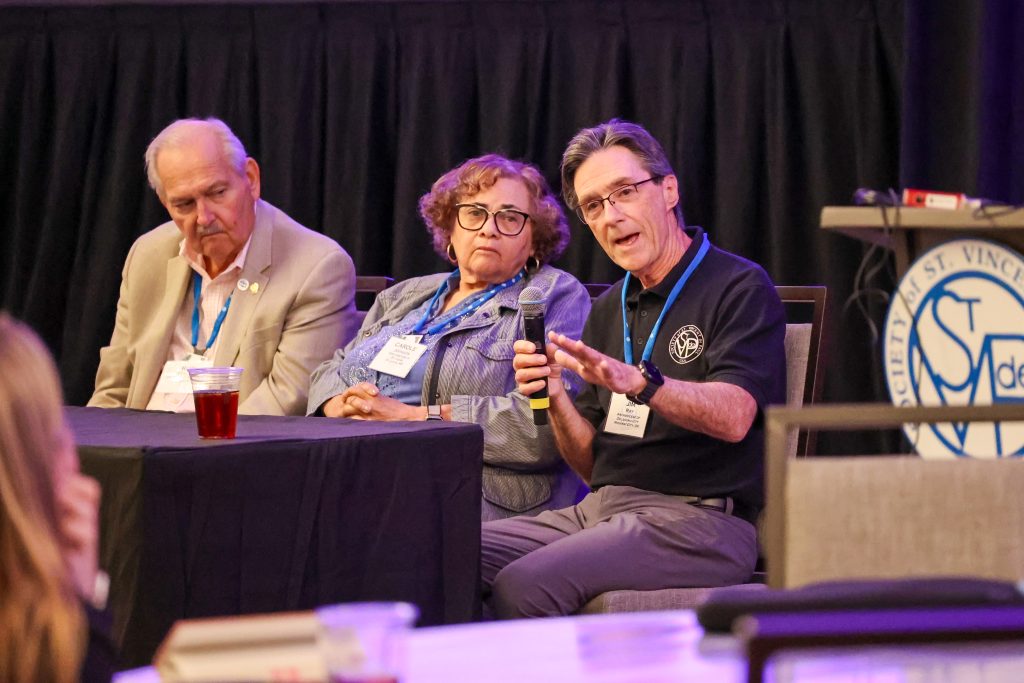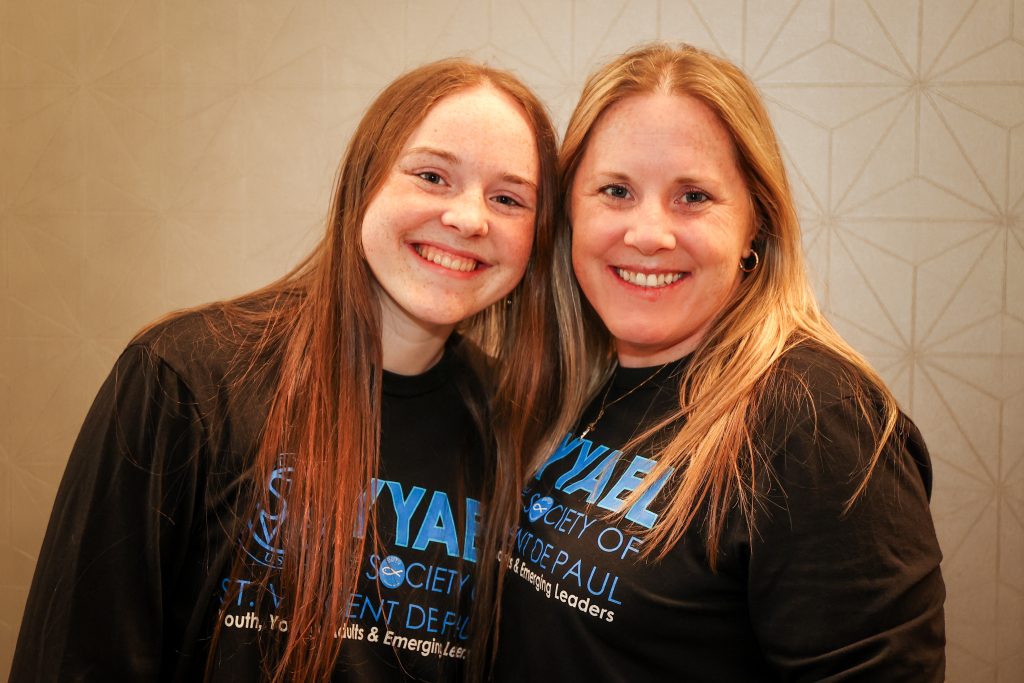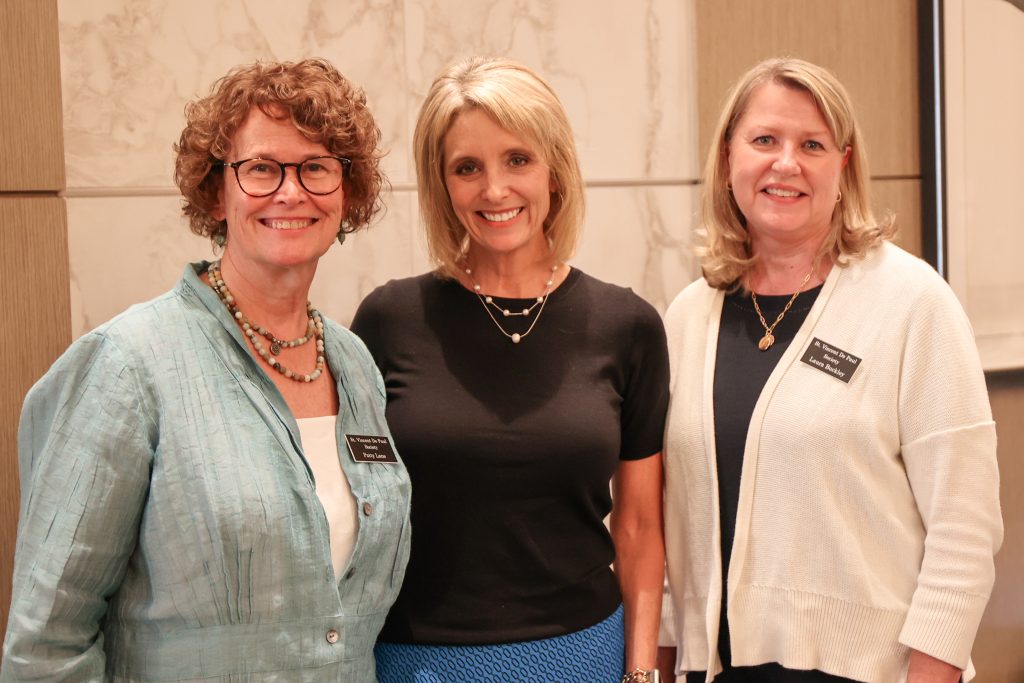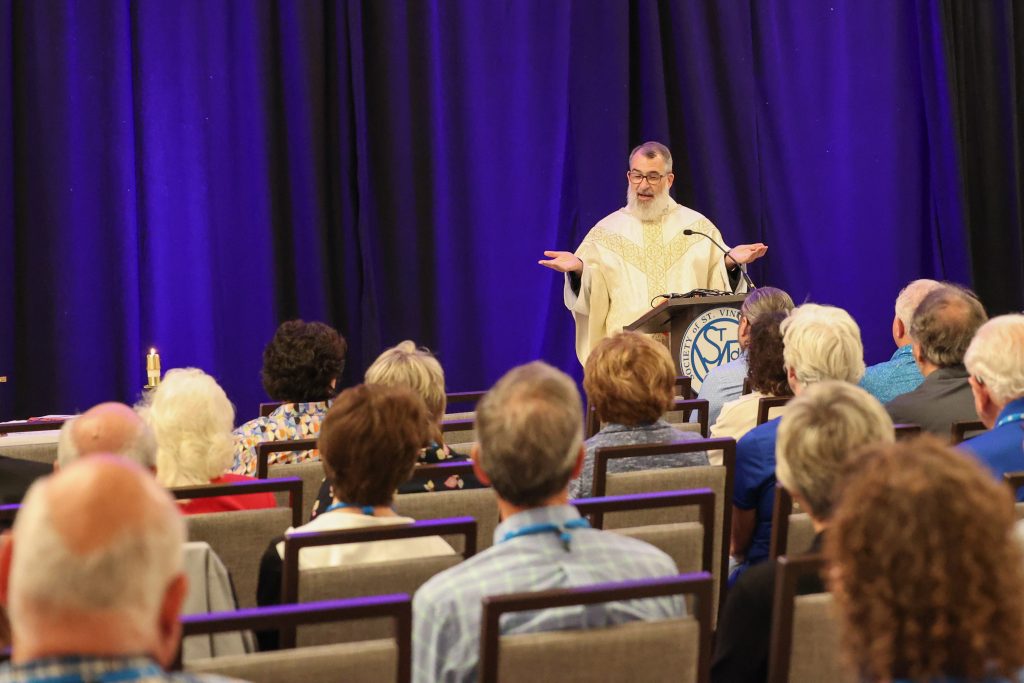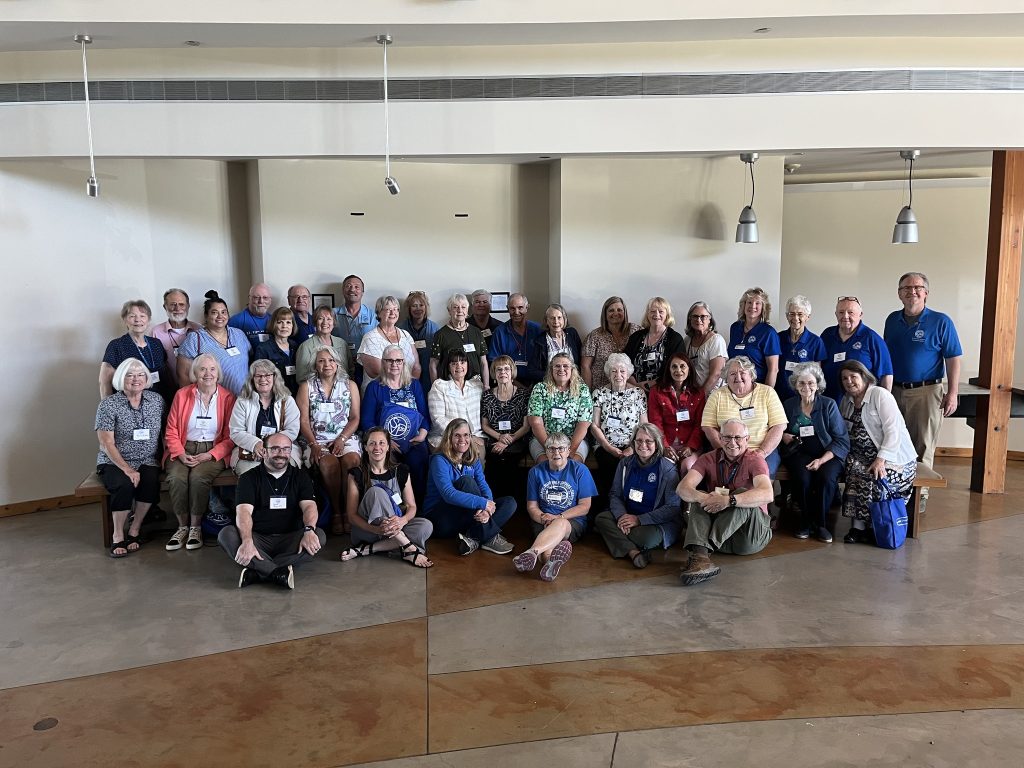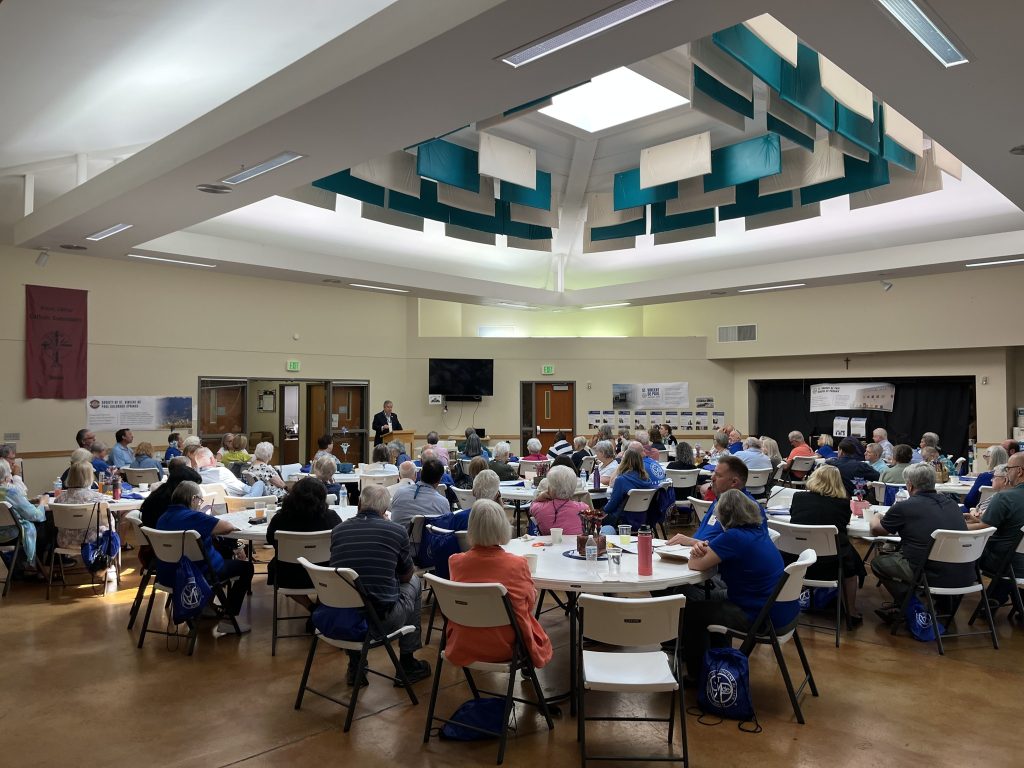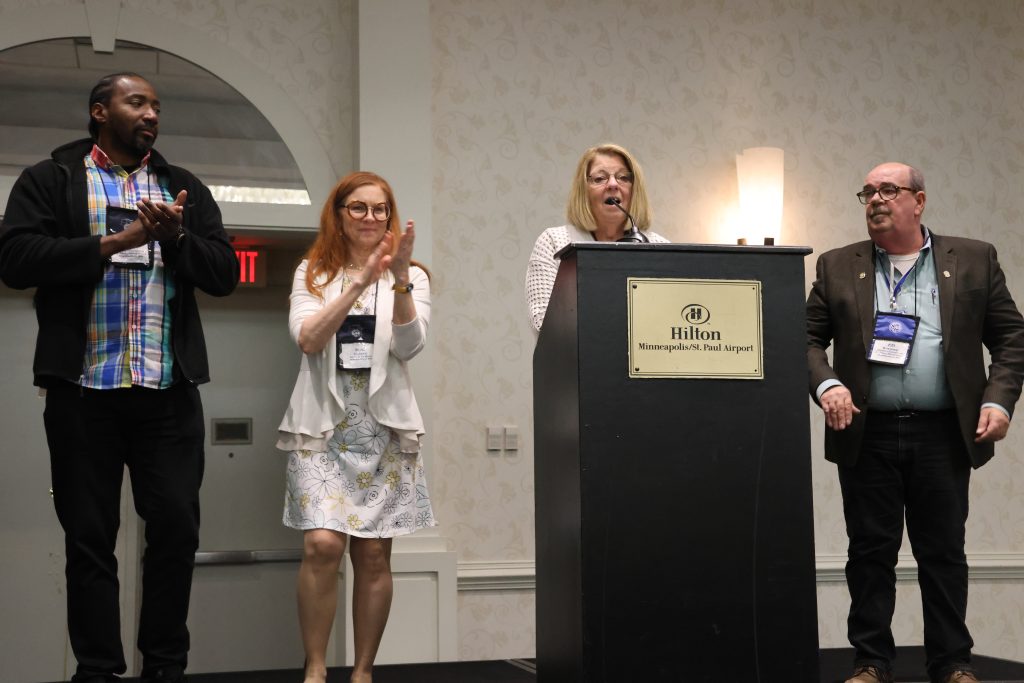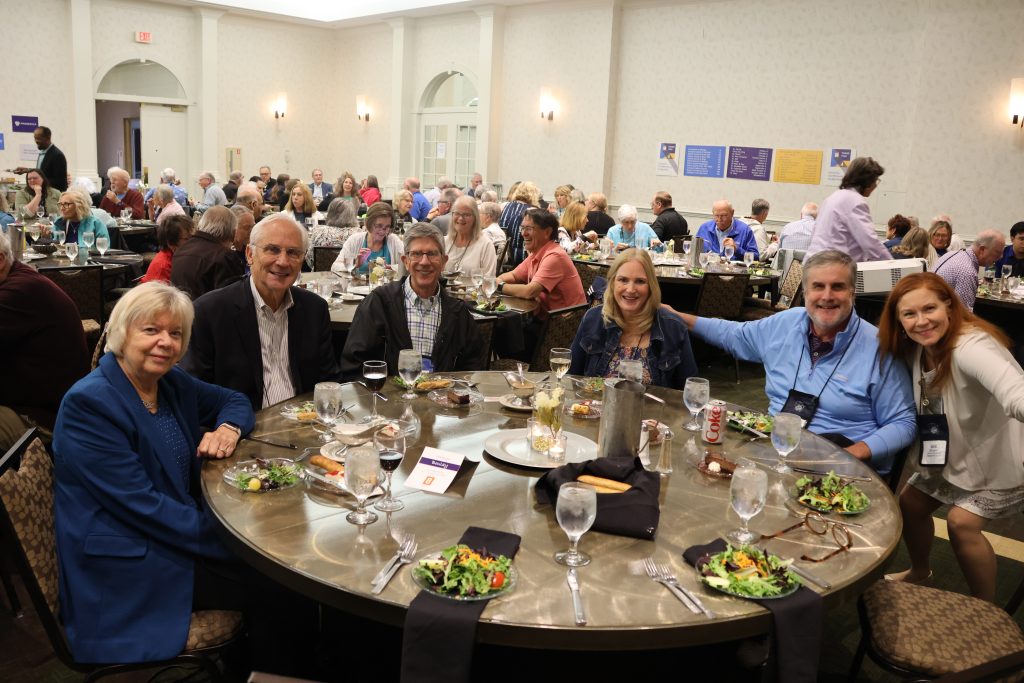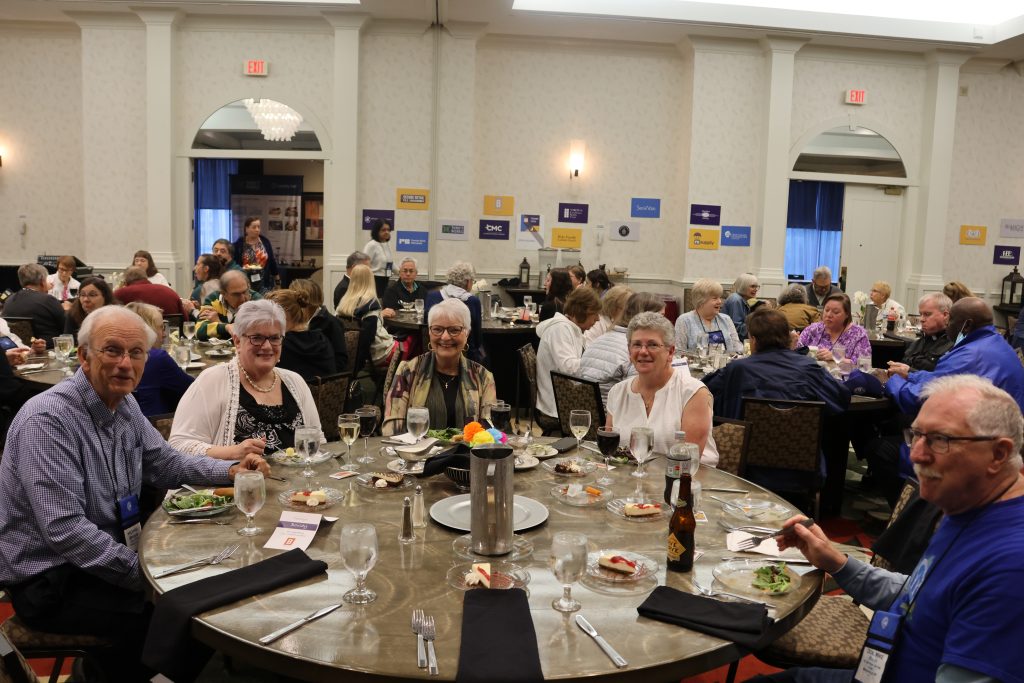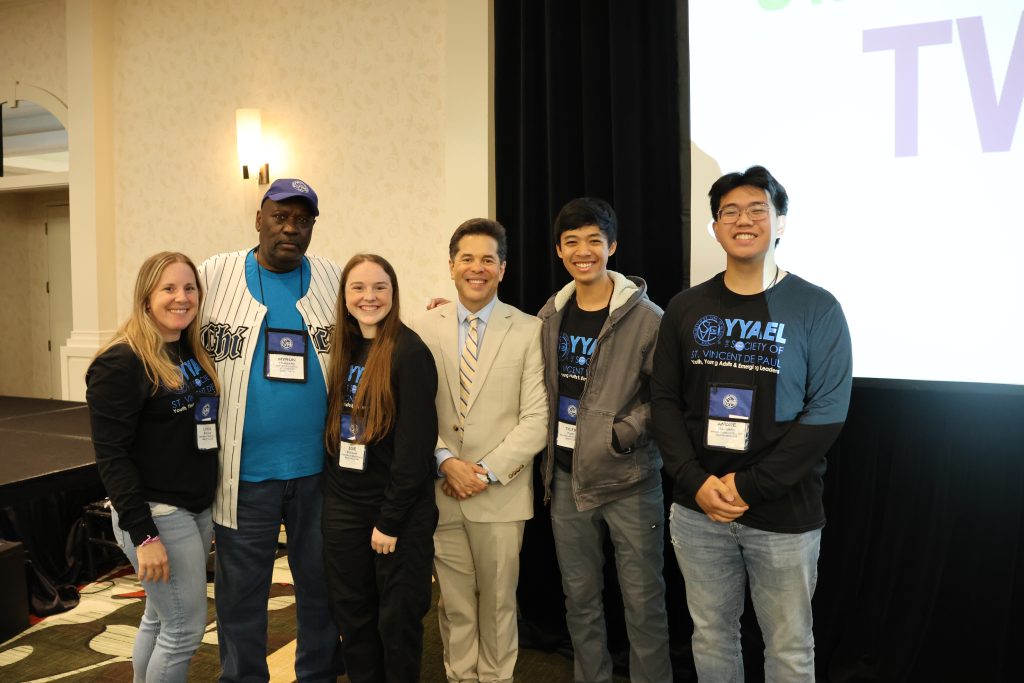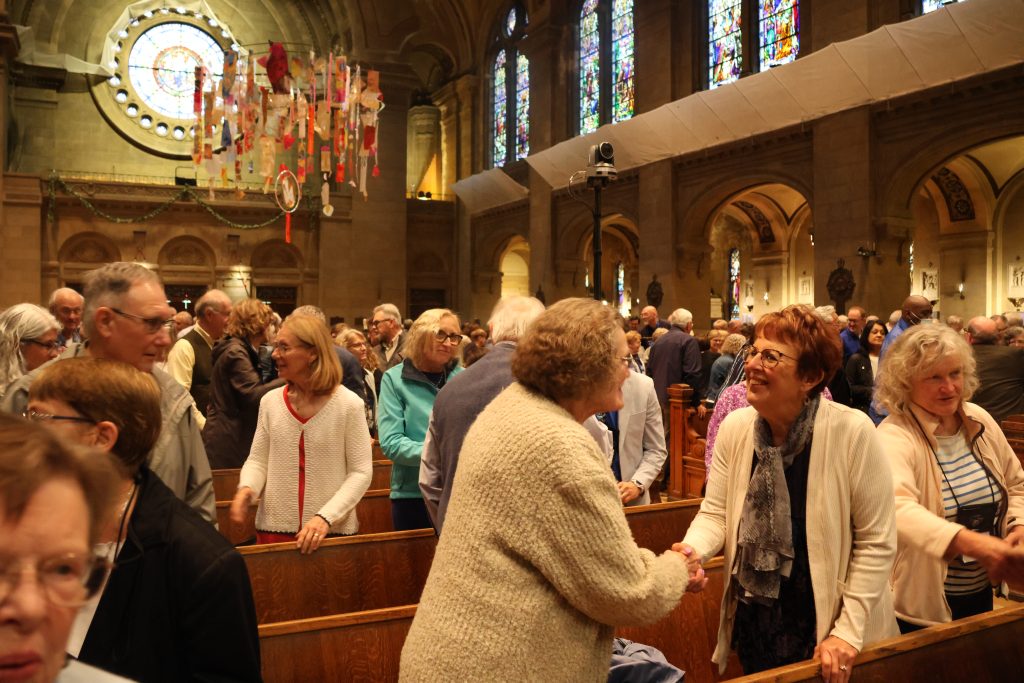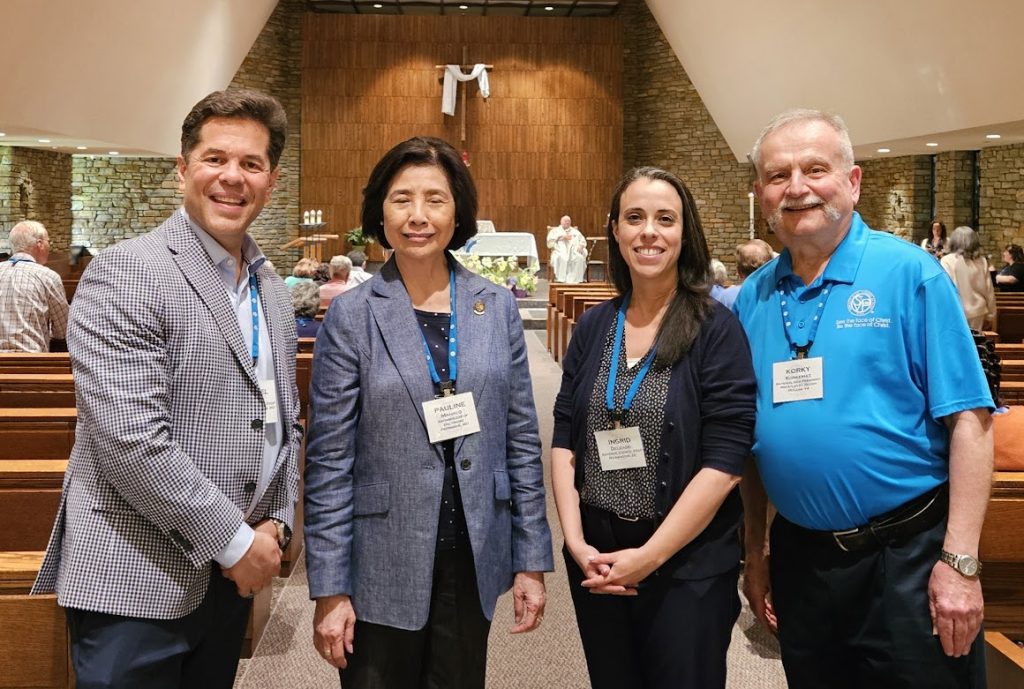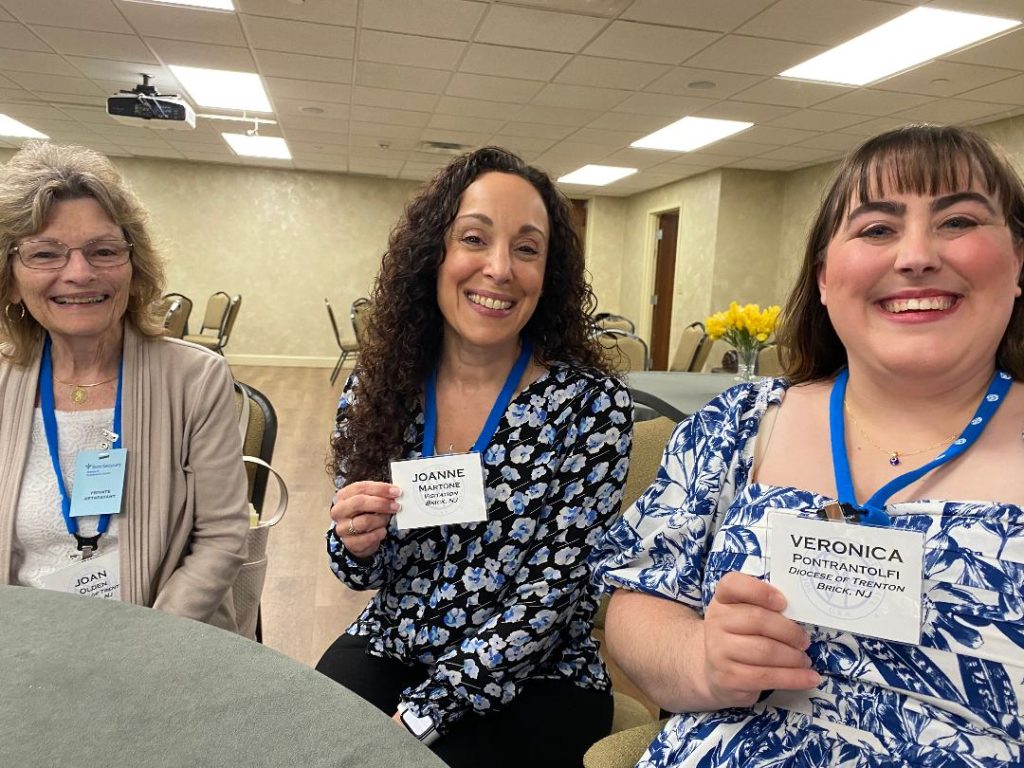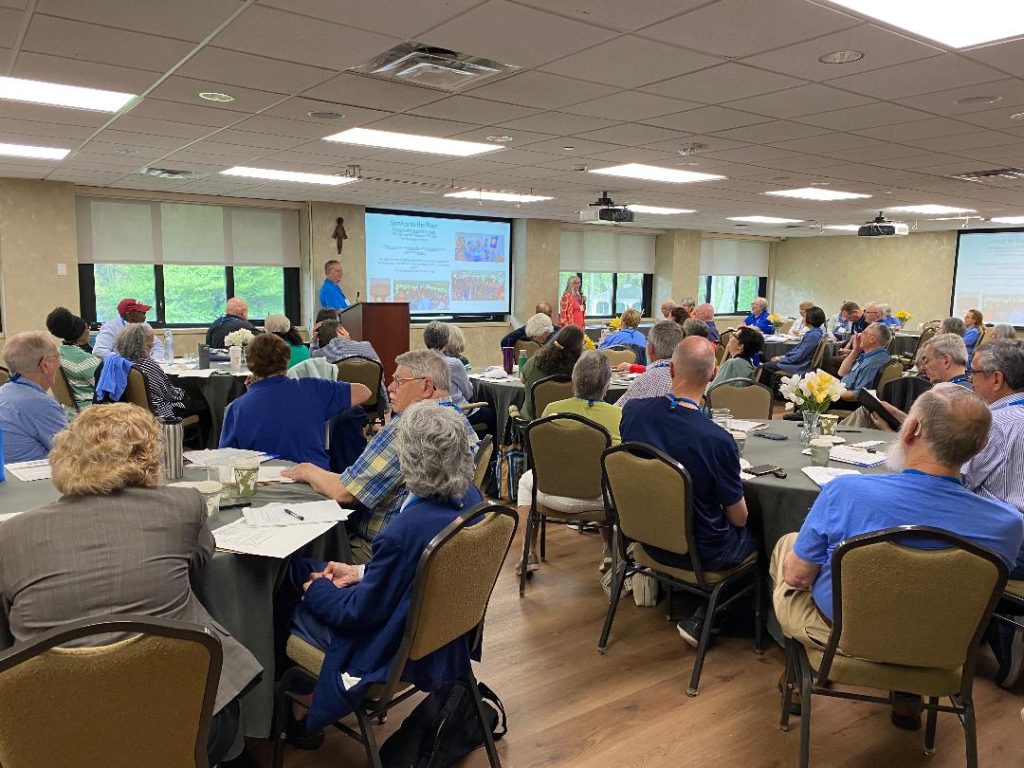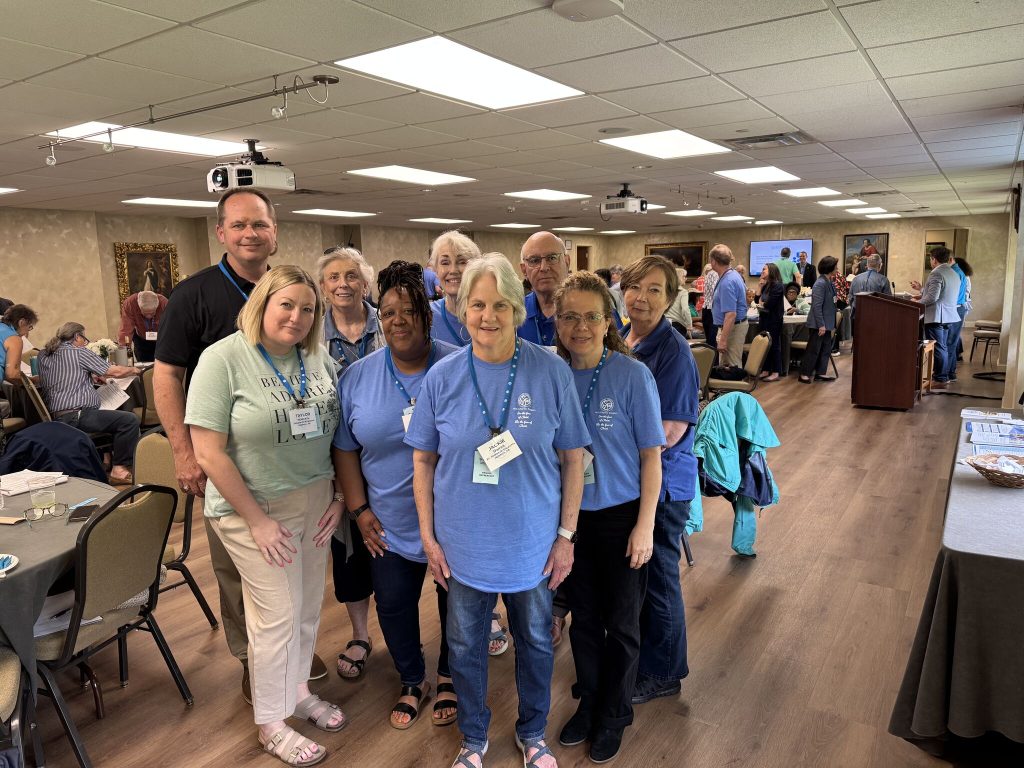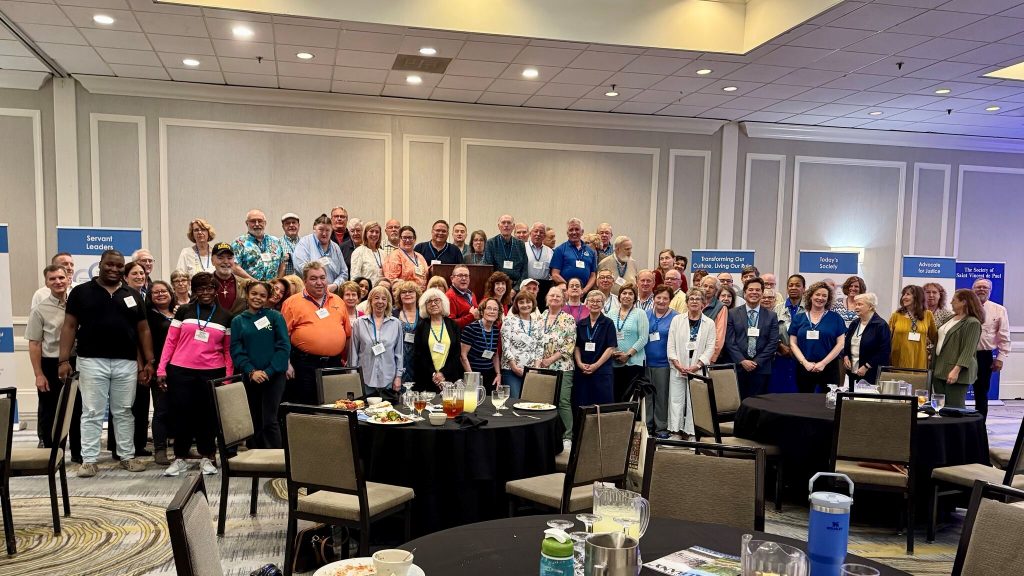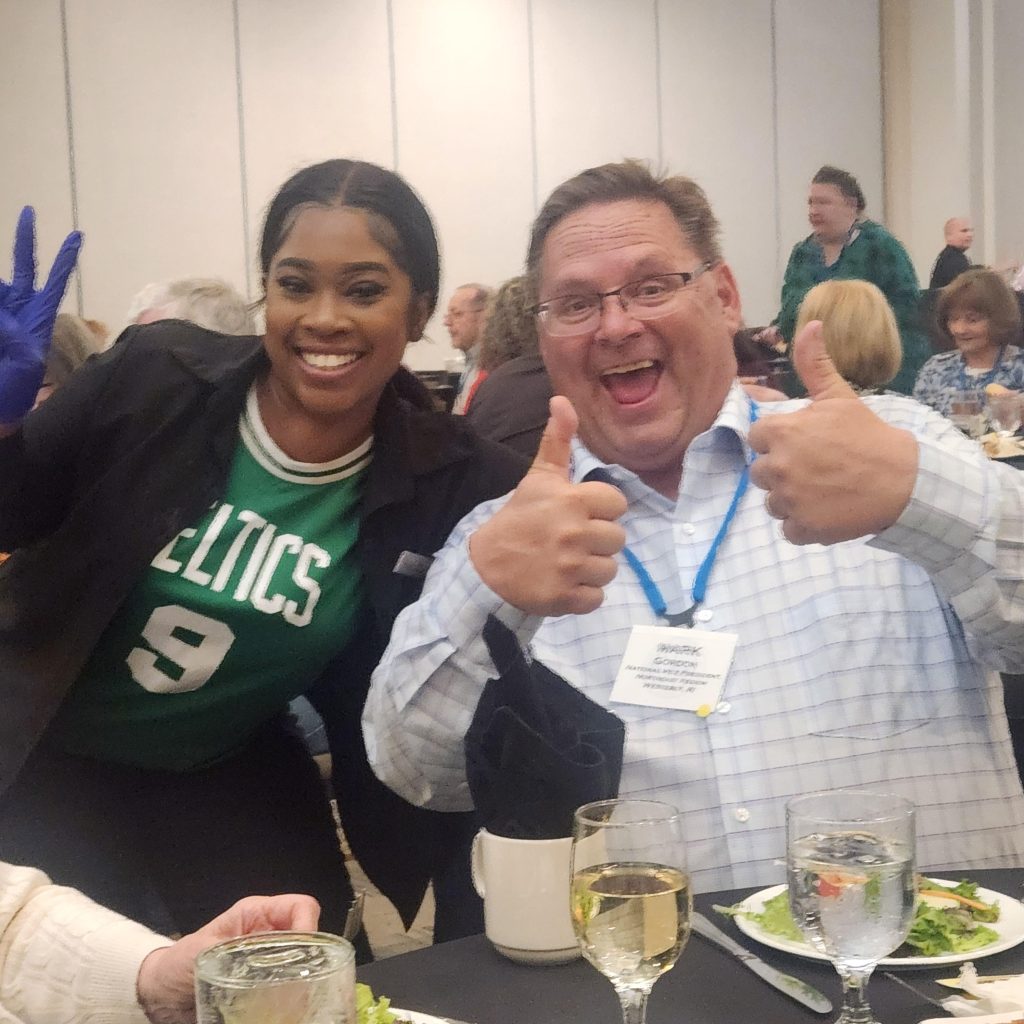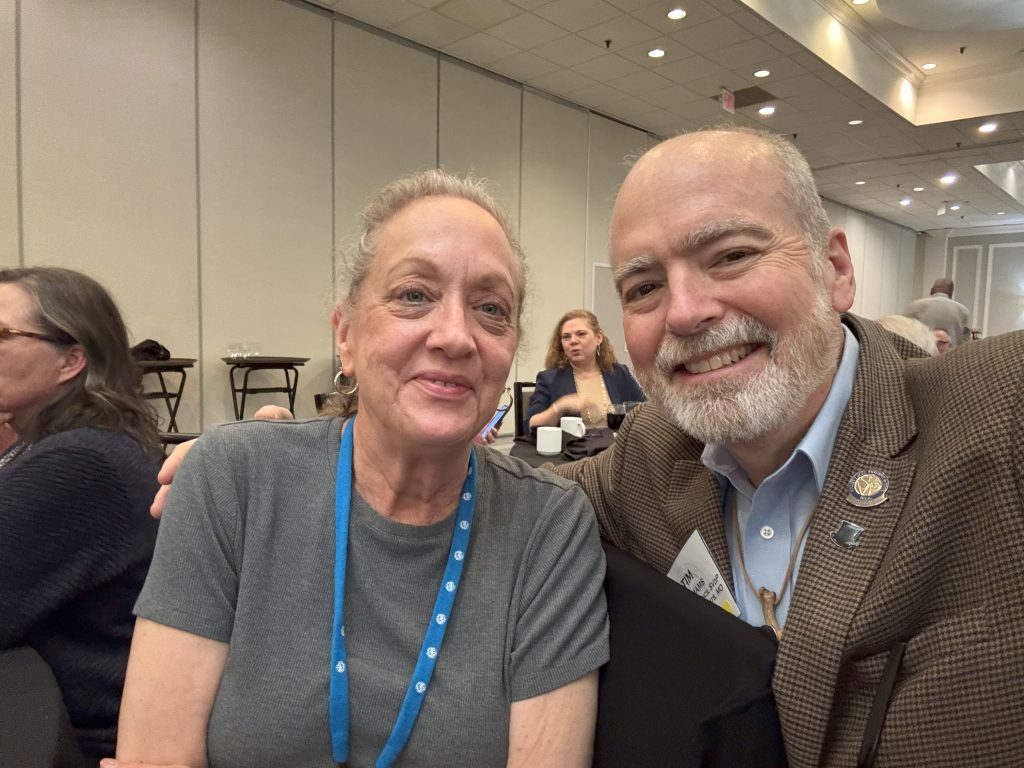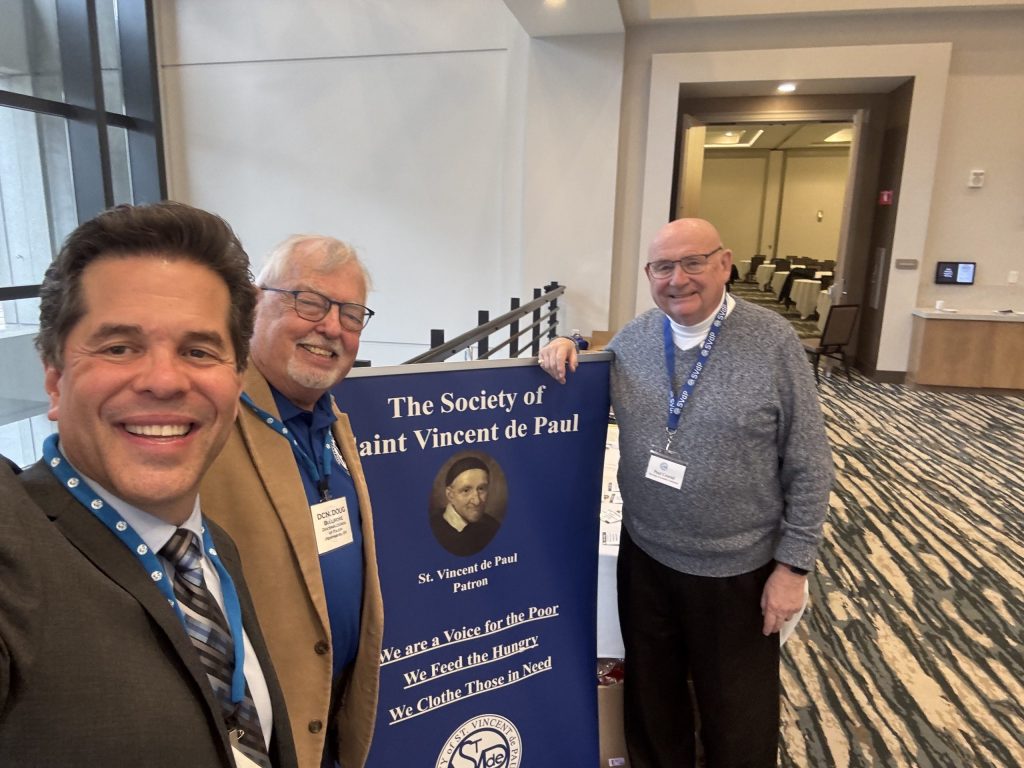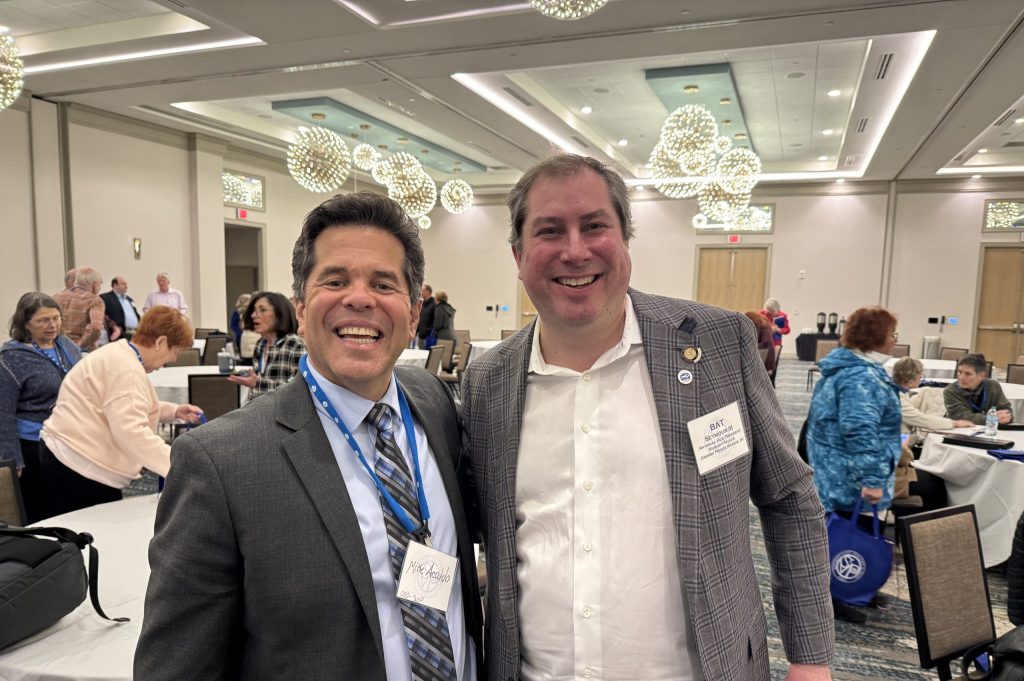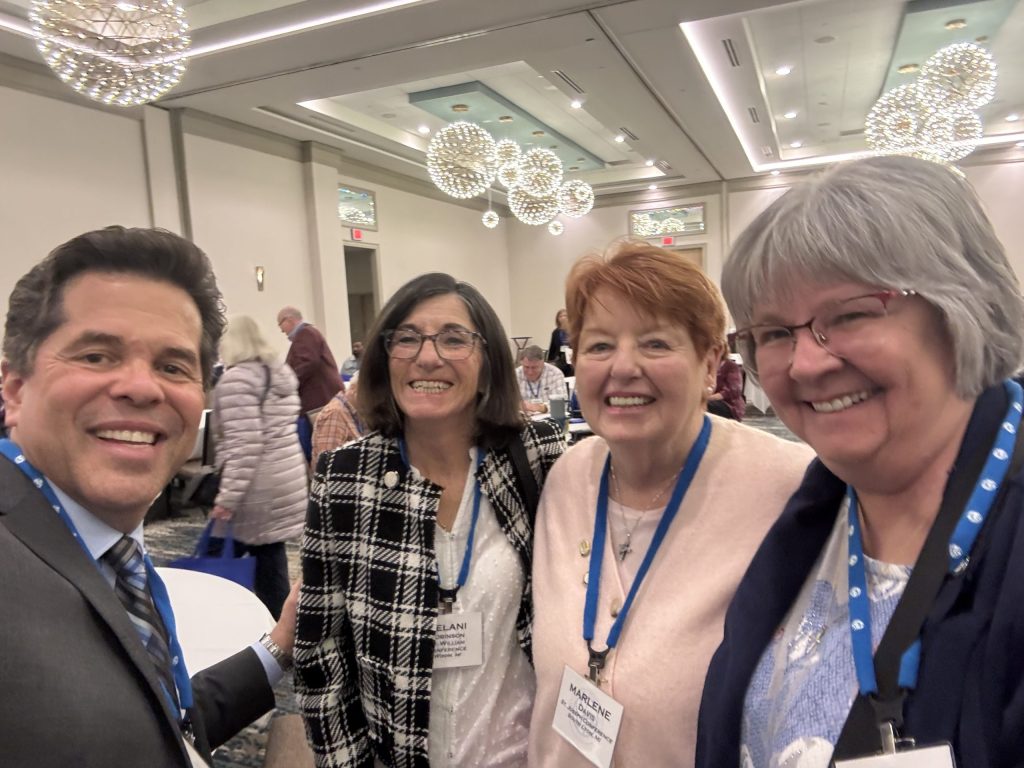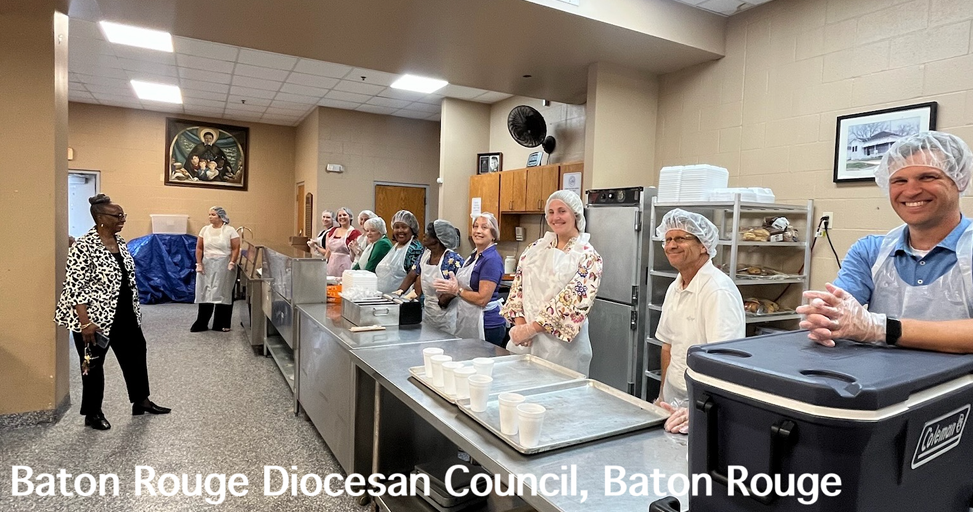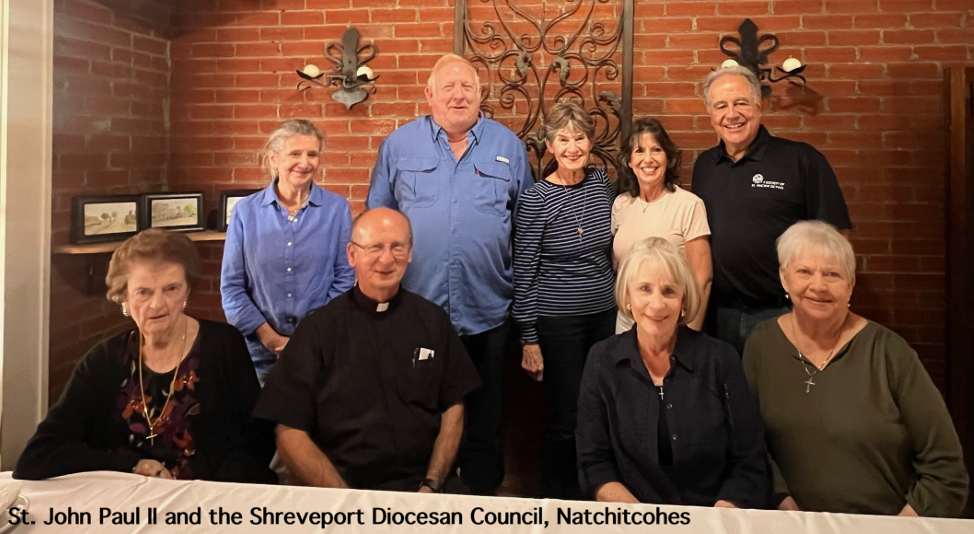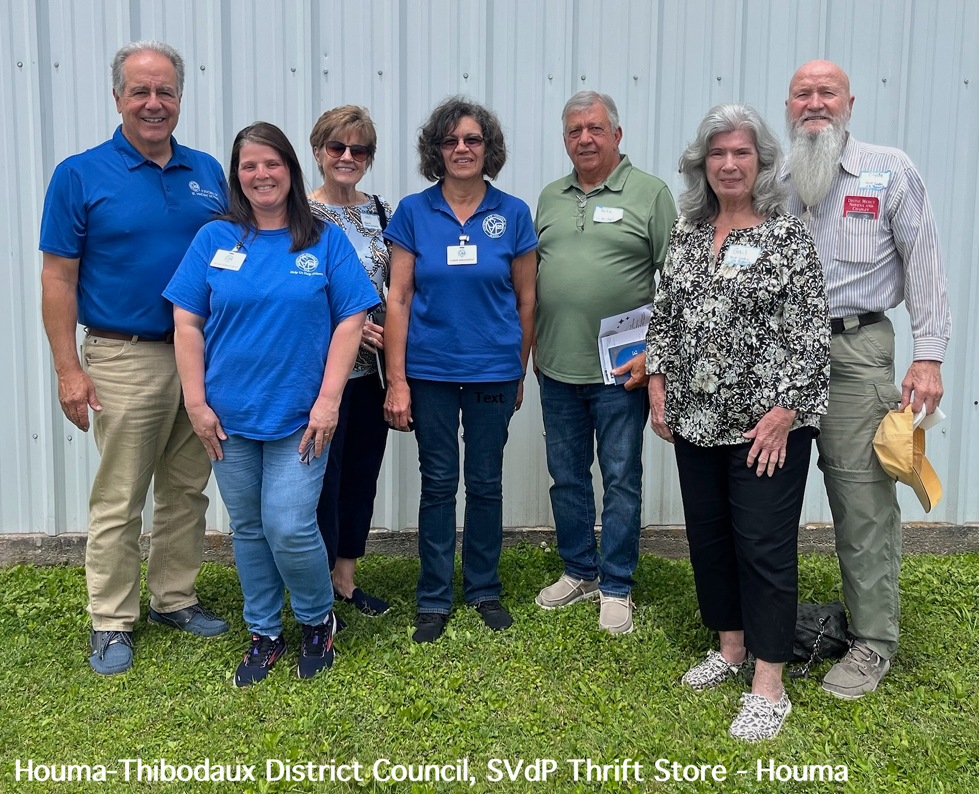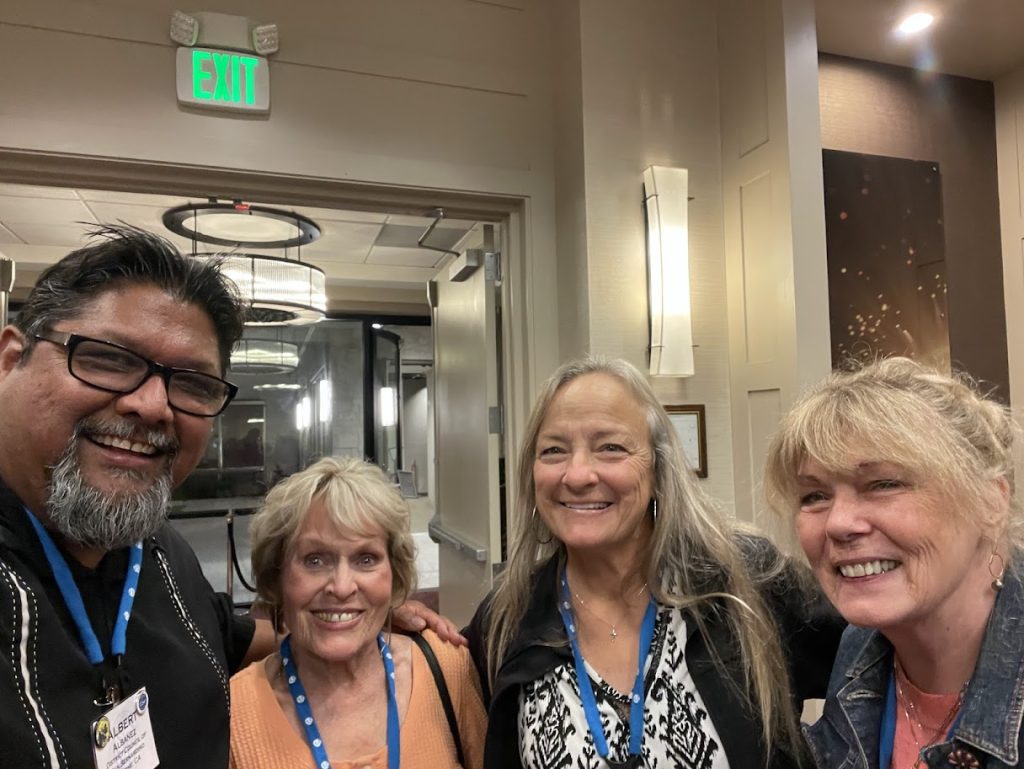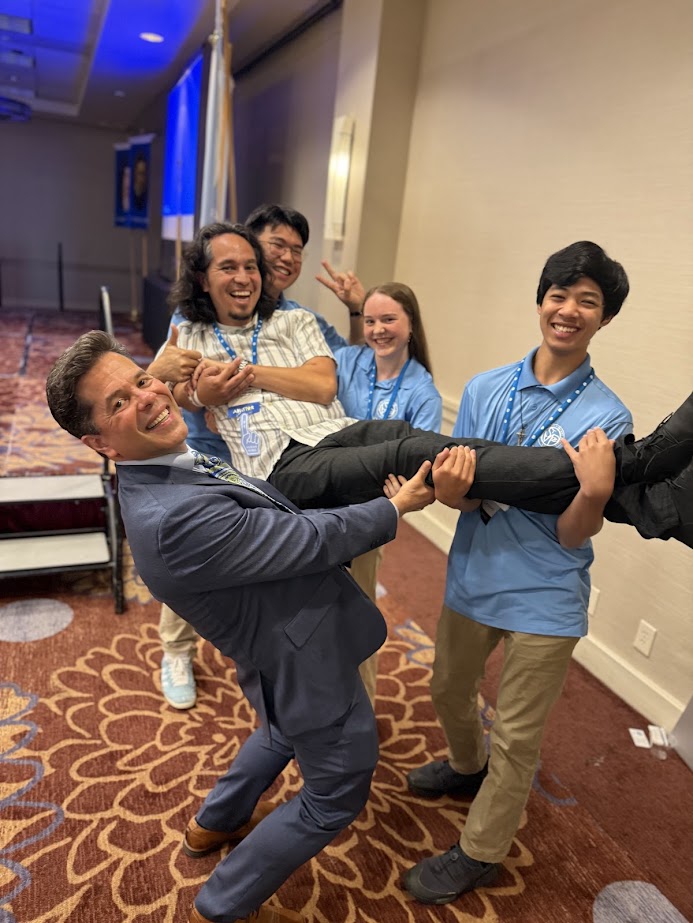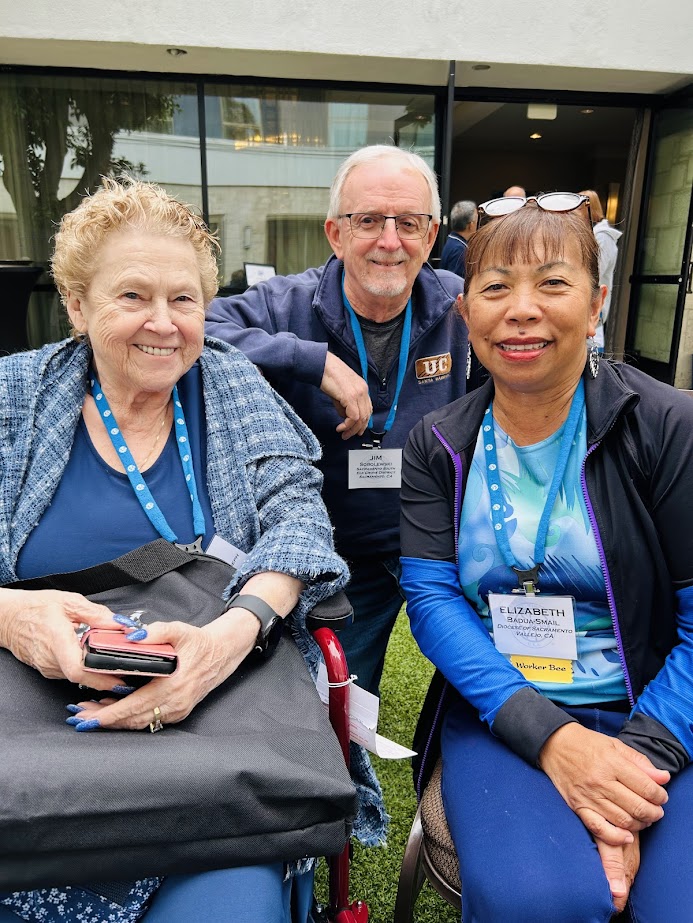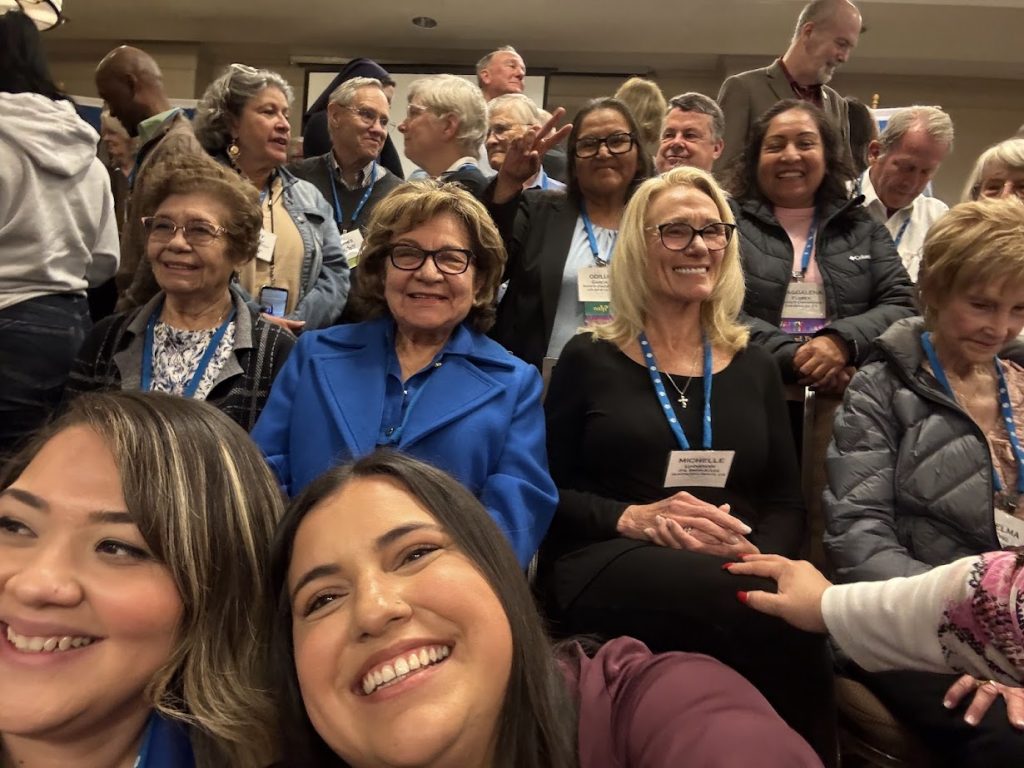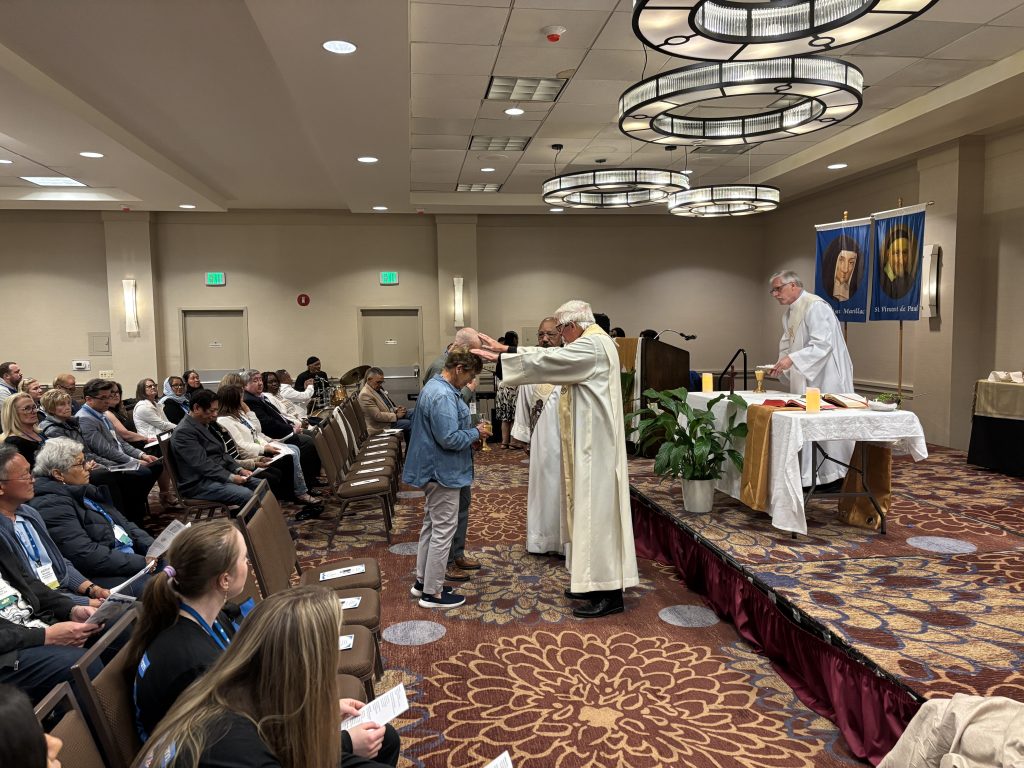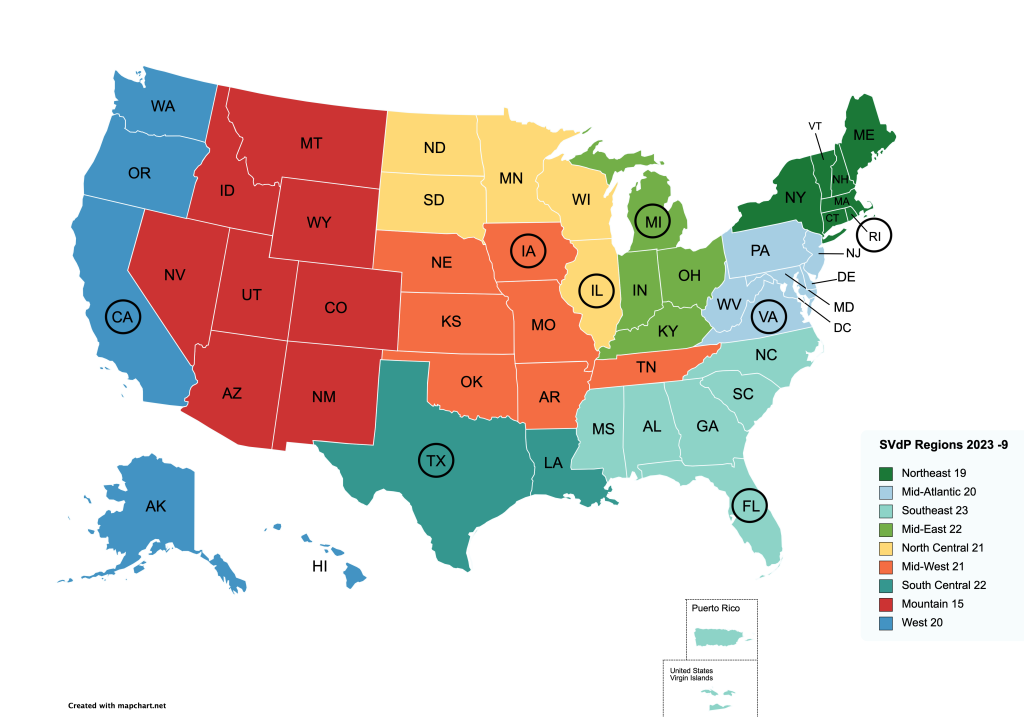September is a Month of Vincentian Celebration and Veneration
By Tim Williams, Senior Director of Formation & Leadership Development
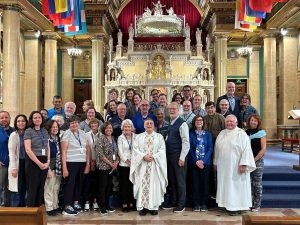 A feast is a celebration, and September marks two great celebrations for Vincentians – the Feast of St Vincent de Paul on September 27, and the Feast of Blessed Frédéric Ozanam which occurred on September 9.
A feast is a celebration, and September marks two great celebrations for Vincentians – the Feast of St Vincent de Paul on September 27, and the Feast of Blessed Frédéric Ozanam which occurred on September 9.
Traditionally, the Feast Day assigned to the saints and blessed of our church is the anniversary of their death. Assuming them to be holy, we regard this day as the date of their rebirth into eternal life in union with the Creator. But this is not always the case, and for Vincentians, both Vincent and Frédéric Ozanam provide examples.
St. Vincent de Paul died on September 27, 1660 at the age of 79, and was canonized June 16, 1737. However, September 27 was already the feast day of Saints Cosmas and Damian, martyrs of the early church, and so Vincent’s feast day was declared to be July 19. In Frédéric Ozanam’s letters, he recounts visiting, along with other members, the Chapelle Saint-Vincent-de-Paul in 1836 where Vincent’s body had been brought in a silver reliquary in a great procession through Paris in April of 1830. In 1834, along with the other six founders of the Society, he visited the church in Clichy where Vincent had served as pastor in 1612, again to commemorate the July 19th feast day.
And it was on July 19, 1830, that the Blessed Virgin first appeared to St. Catherine Labouré in the chapel of the Motherhouse of the Daughters of Charity. She would return again to that chapel on November 27 and share the instructions for the Miraculous Medal, for which the chapel is now named.
By 1969, Saint Vincent had become a far more widely venerated saint in the Catholic Church, and the General Calendar was revised to move his feast day to September 27, where we celebrate it today. Frédéric Ozanam, however, is unlikely ever to have his feast day moved to his own date of rebirth.
Having spent much of his final year in declining health in Italy, Frédéric sensed in September of 1853 that his end was near.
“I am coming if you call me and I have no right to complain,” he wrote. “Were you to chain me to a bed during the remaining days of my life, these would not be enough for me to thank you for the days which I have lived. Ah, if these pages are the last which I shall write, may they be a hymn to your goodness. “
He asked his wife Amélie to arrange for them to travel, so that he could die in France. He never made it all the way to Paris, but died in Marseilles, France on September 8, 1853, at the age of 40.
September 8th was and is celebrated as the Feast of the Nativity of Mary, one of only three birthdays on the Roman Calendar, along with Jesus and John the Baptist. As widely venerated as Frédéric may one day become, he will never replace the Blessed Mother on this day, nor would he want to! (We might note, though, that his current feast day of September 9 is also the birthday of Blessed Rosalie Rendu.)
Last week, a group of 35 Vincentians from the United States, guided by Ralph Middlecamp and me, embarked on a Vincentian Pilgrimage to France. While there, we visited several of the places mentioned above: Chapelle Saint-Vincent-de-Paul, Église Saint-Médard in Clichy, the Chapel of the Miraculous Medal, and many more sites, including celebrating the Feast of Blessed Frédéric in the CGI office.

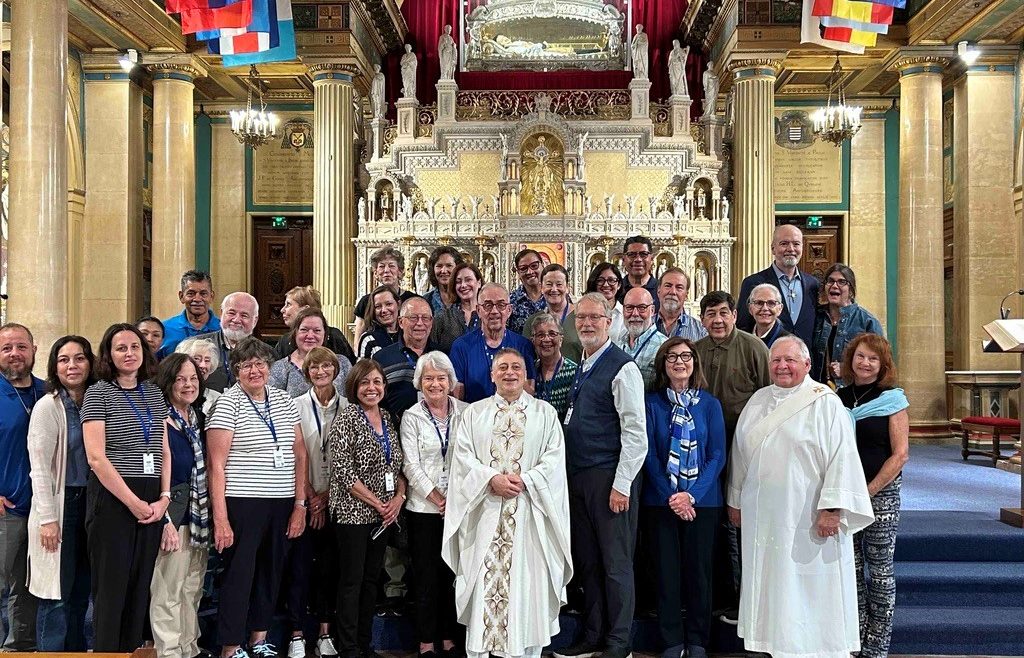

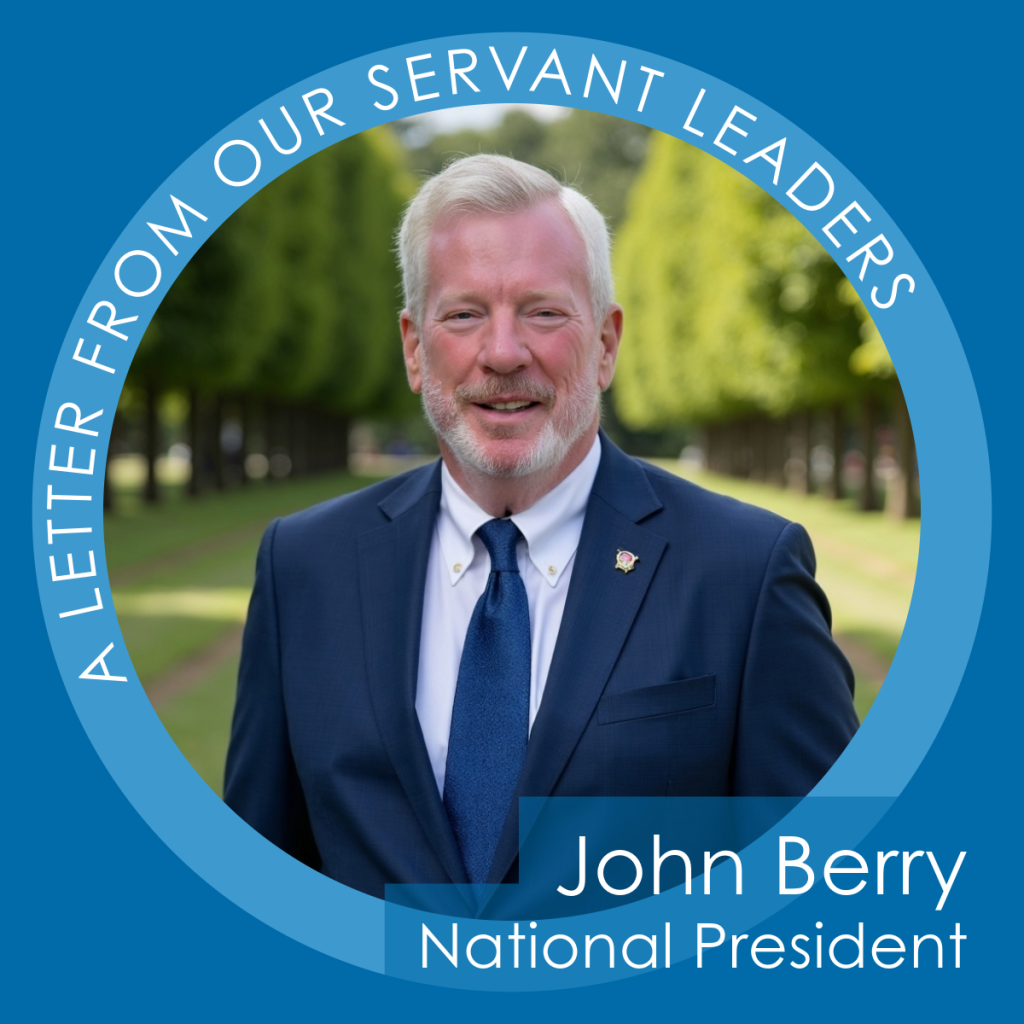
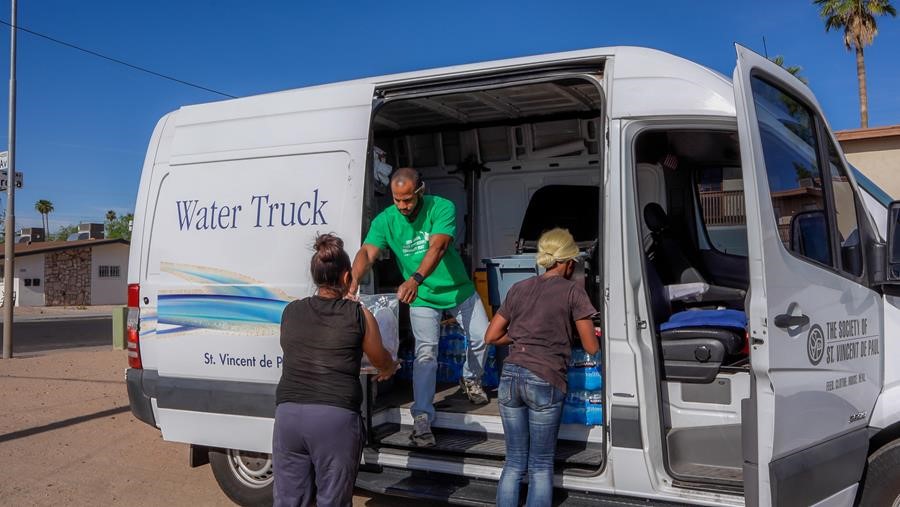
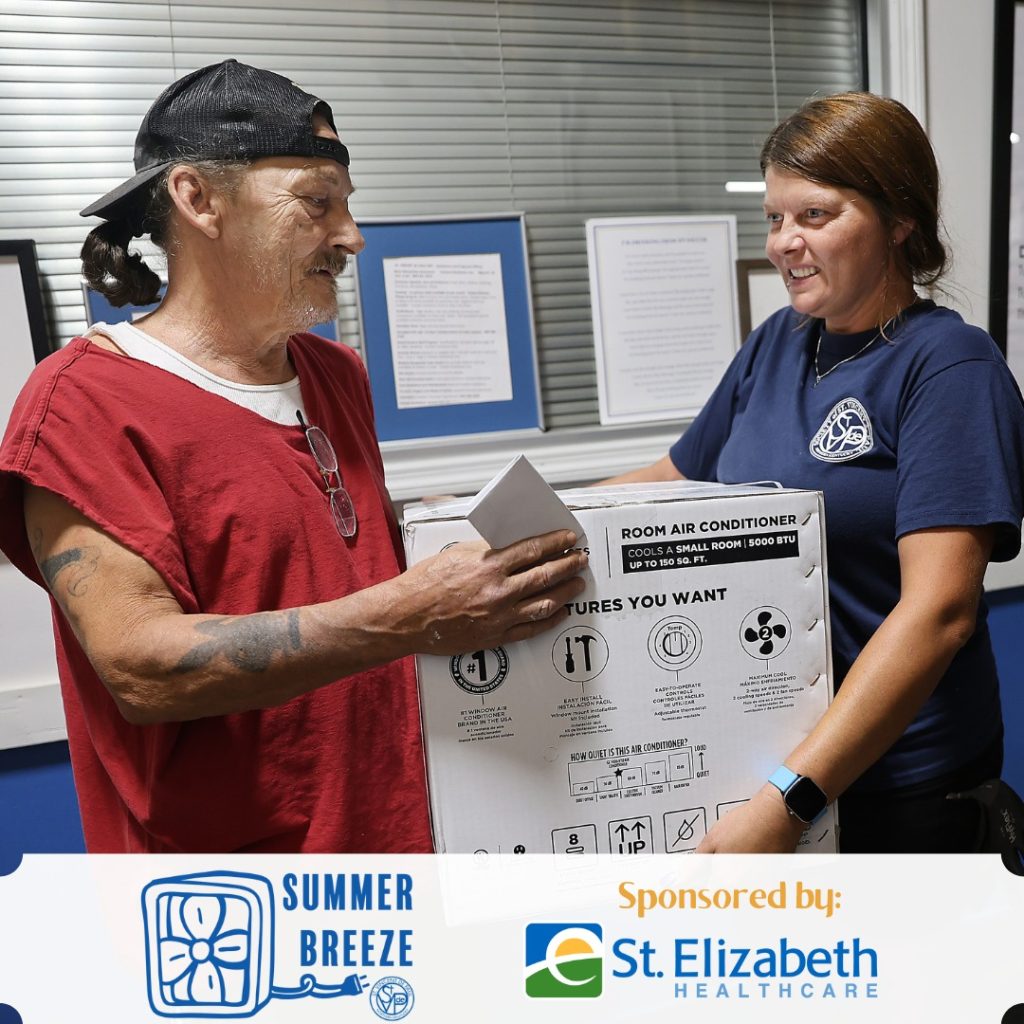
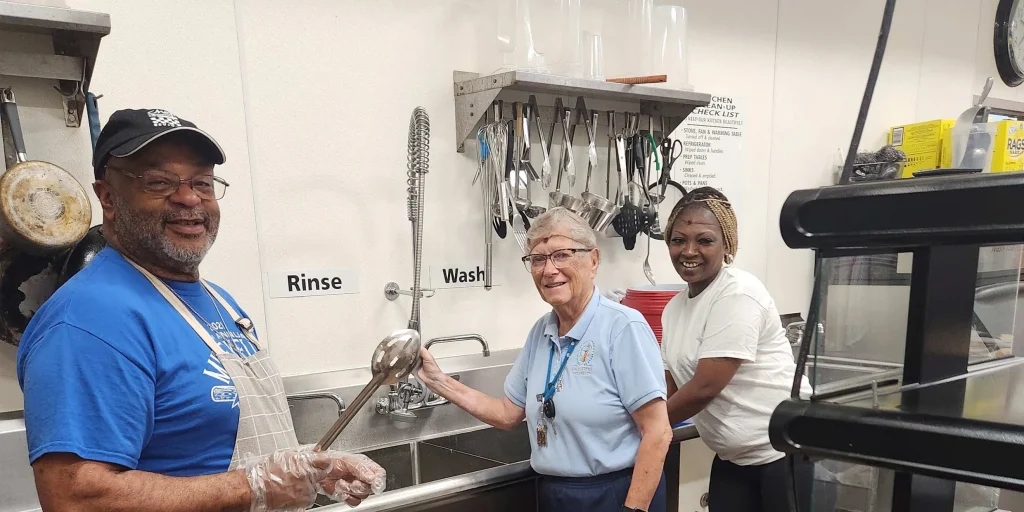

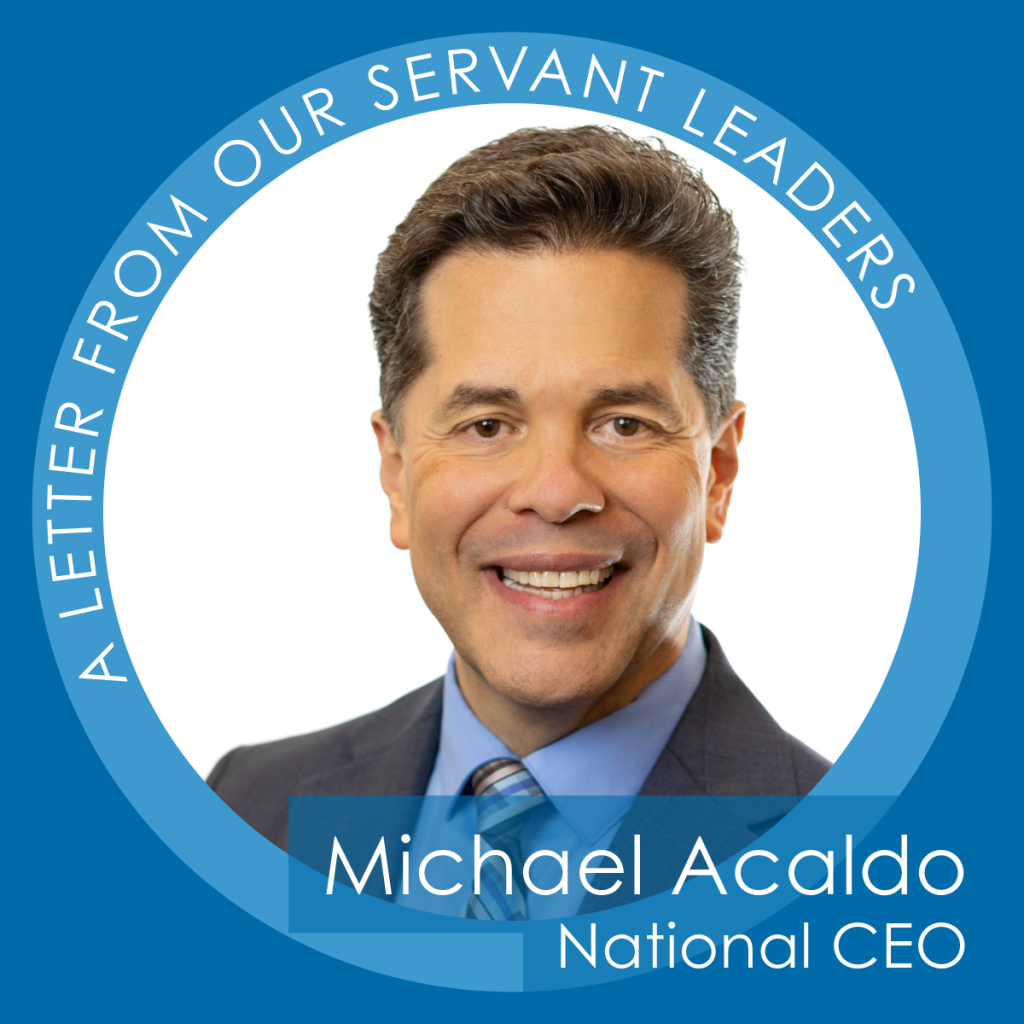 My Most Memorable National Assembly
My Most Memorable National Assembly
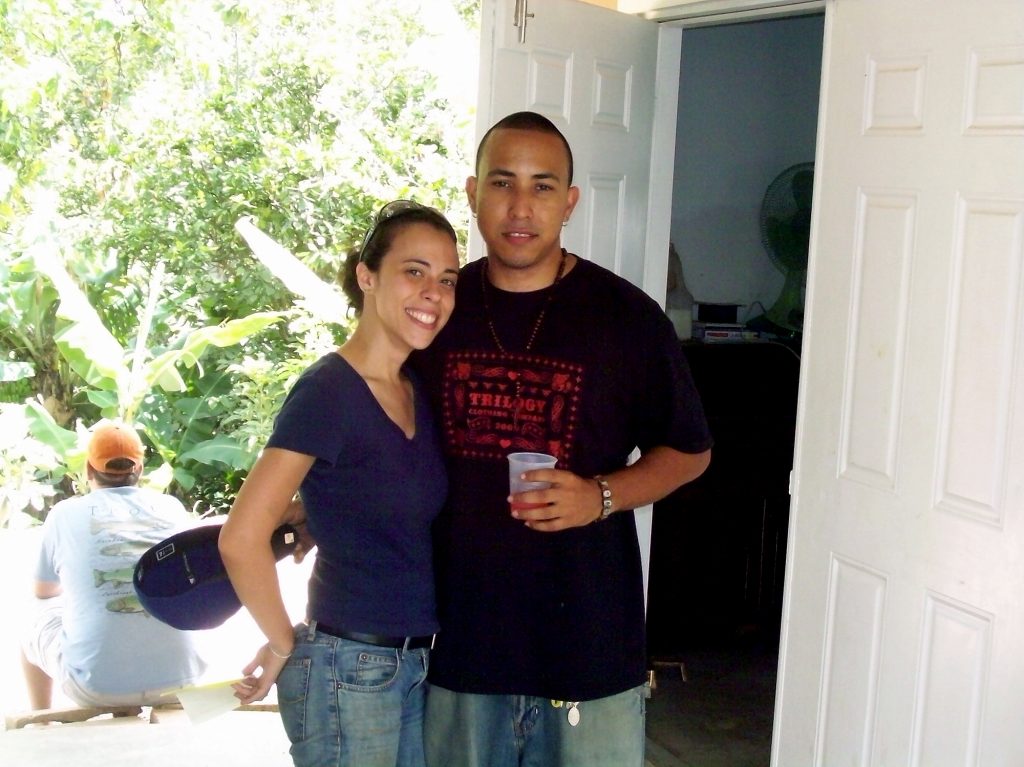 My husband and I were living as missionaries in a remote village in San Juan de la Maguana, Dominican Republic, close to the Haiti border, when I first embraced the work of justice. I was skeptical when our Mission Office started to engage with the government in providing breakfast and lunch to the schoolchildren who were attending the schools our mission had built and opened – after all, this was the same government that allowed them and their families to live in towns without electricity, running water, paved roads, medical centers, or schools and hadn’t even assigned birth certificates to most of our neighbors. And, yet, when the Church and the government worked together, we accomplished so much more for the people we were serving than either entity could have done alone. For example, our volunteers and community members built schools; our long-term missioners provided instruction to adults who had previously only received very basic elementary education but would eventually attain college degrees and become the schoolteachers of their villages; while the government provided nutrition programs and officially recognized our schools.
My husband and I were living as missionaries in a remote village in San Juan de la Maguana, Dominican Republic, close to the Haiti border, when I first embraced the work of justice. I was skeptical when our Mission Office started to engage with the government in providing breakfast and lunch to the schoolchildren who were attending the schools our mission had built and opened – after all, this was the same government that allowed them and their families to live in towns without electricity, running water, paved roads, medical centers, or schools and hadn’t even assigned birth certificates to most of our neighbors. And, yet, when the Church and the government worked together, we accomplished so much more for the people we were serving than either entity could have done alone. For example, our volunteers and community members built schools; our long-term missioners provided instruction to adults who had previously only received very basic elementary education but would eventually attain college degrees and become the schoolteachers of their villages; while the government provided nutrition programs and officially recognized our schools.